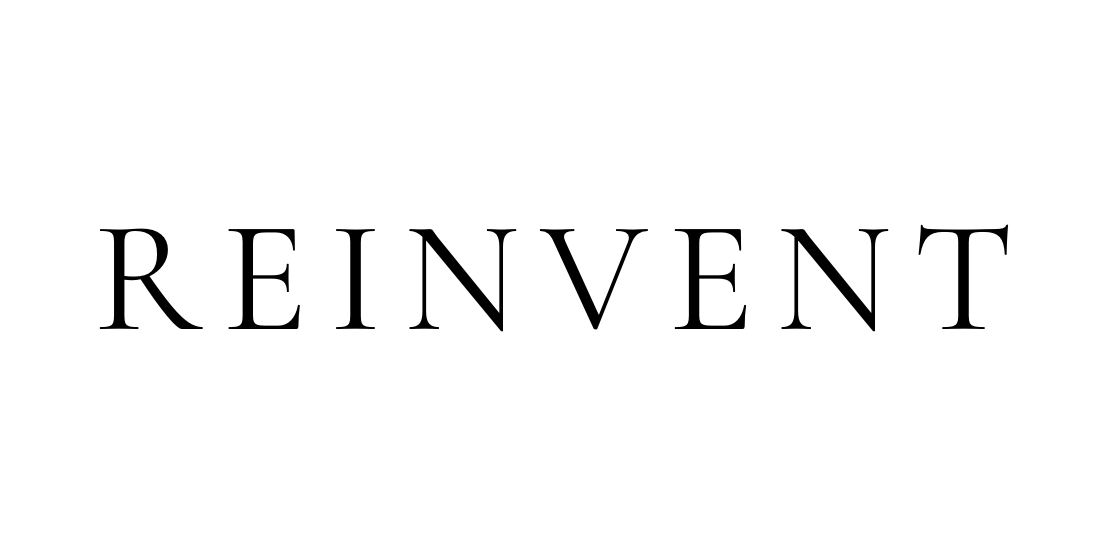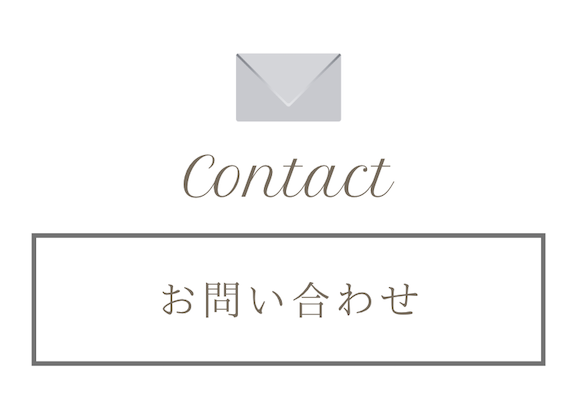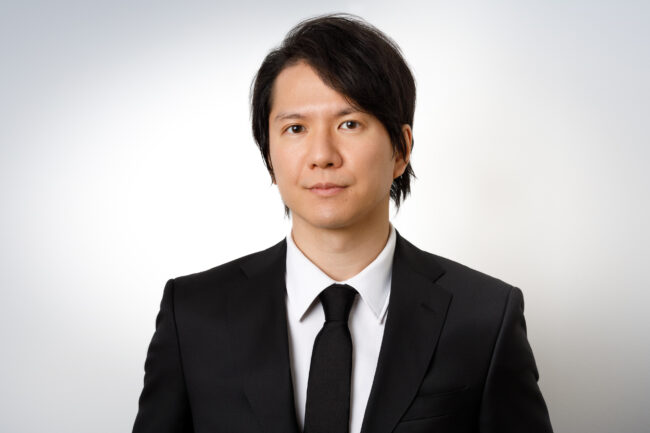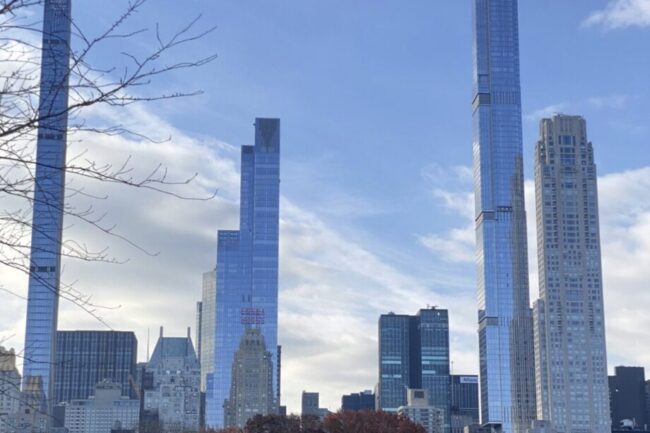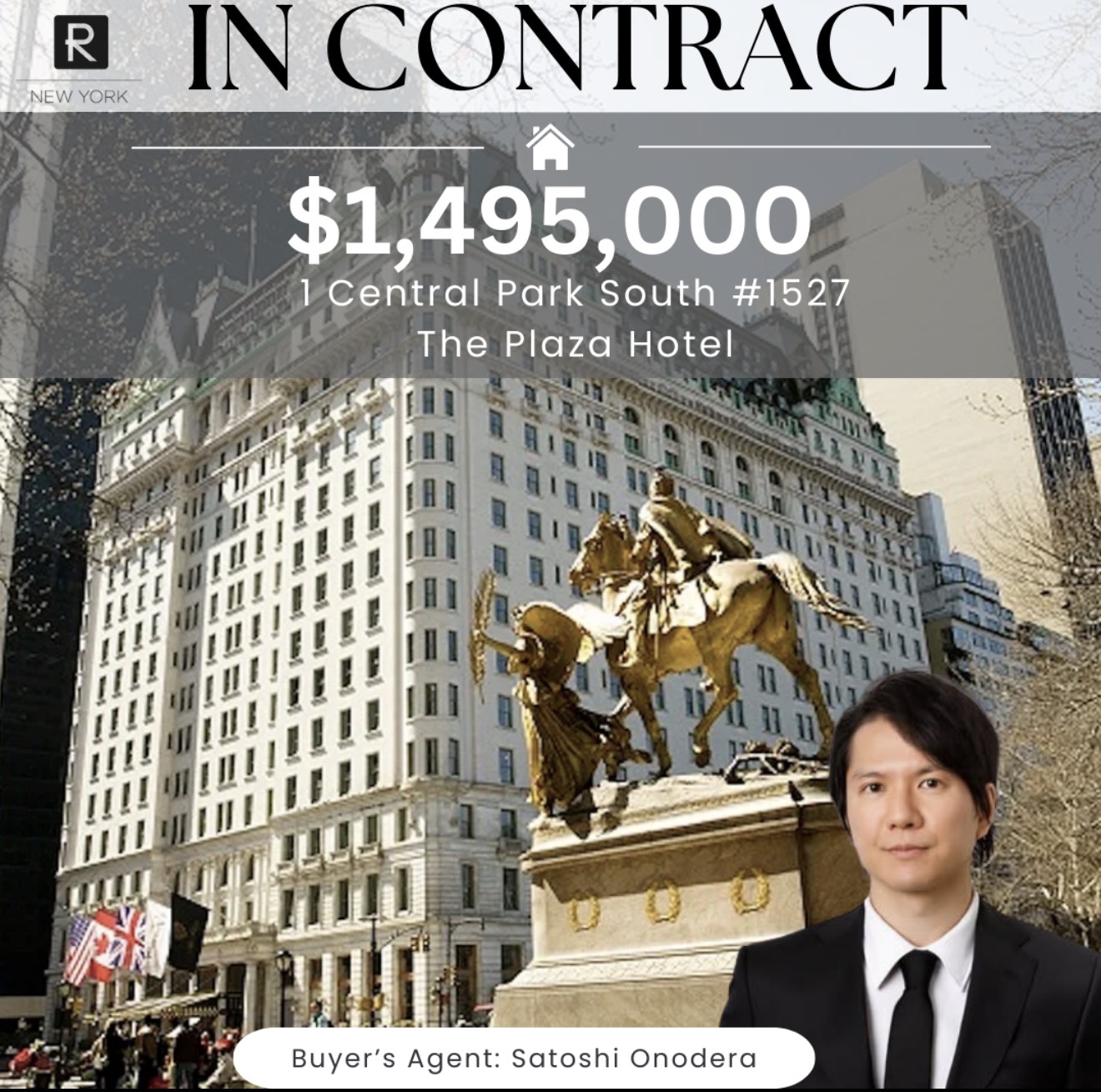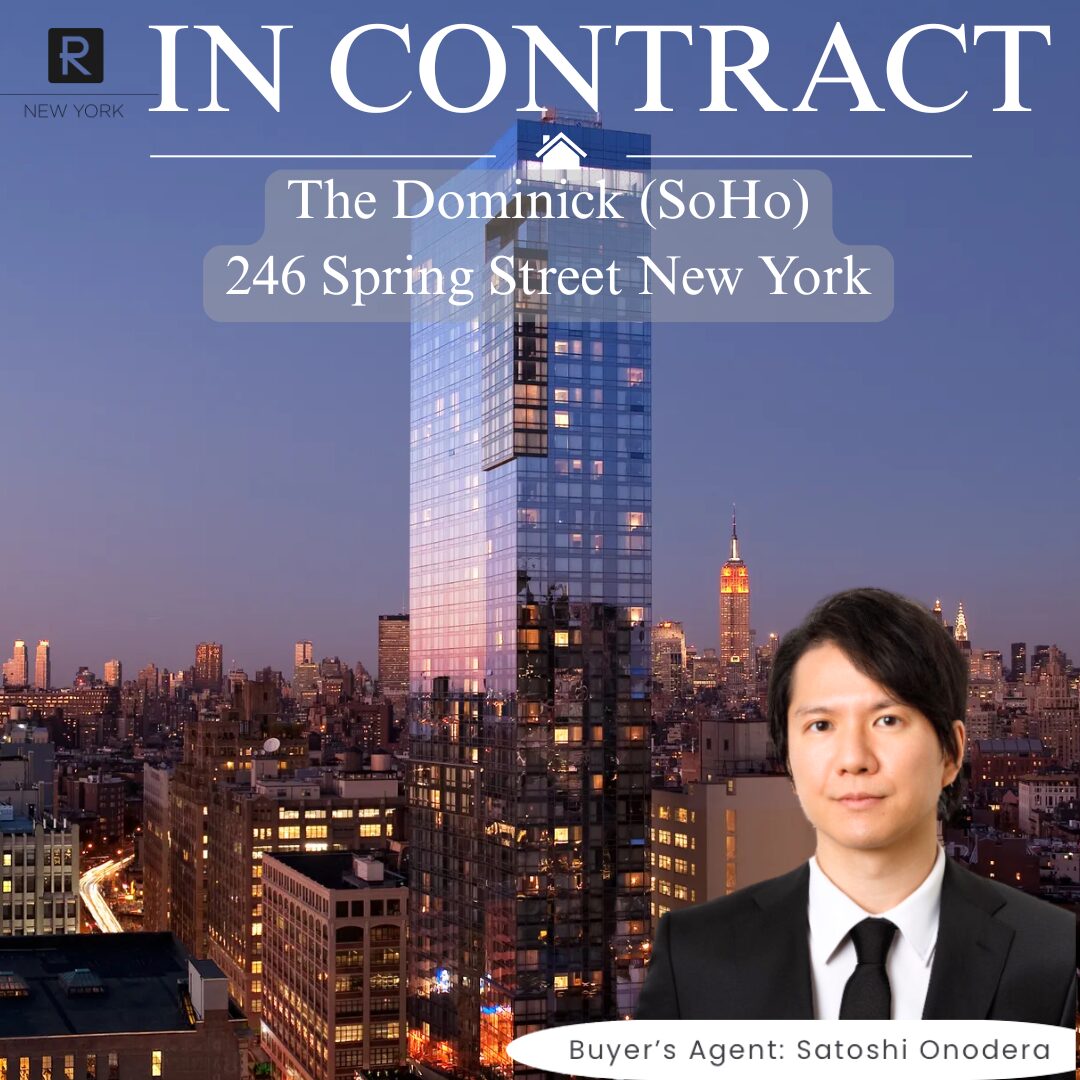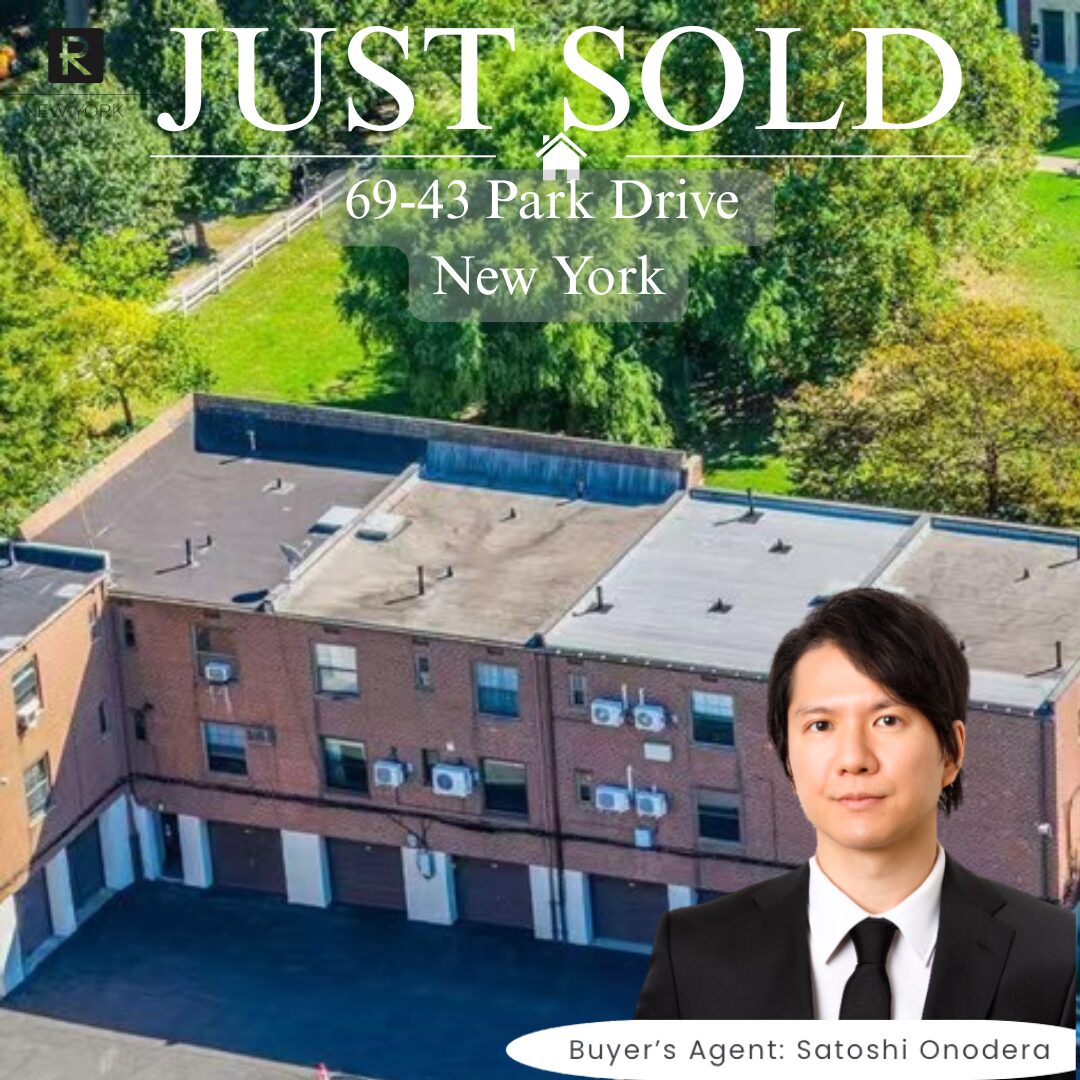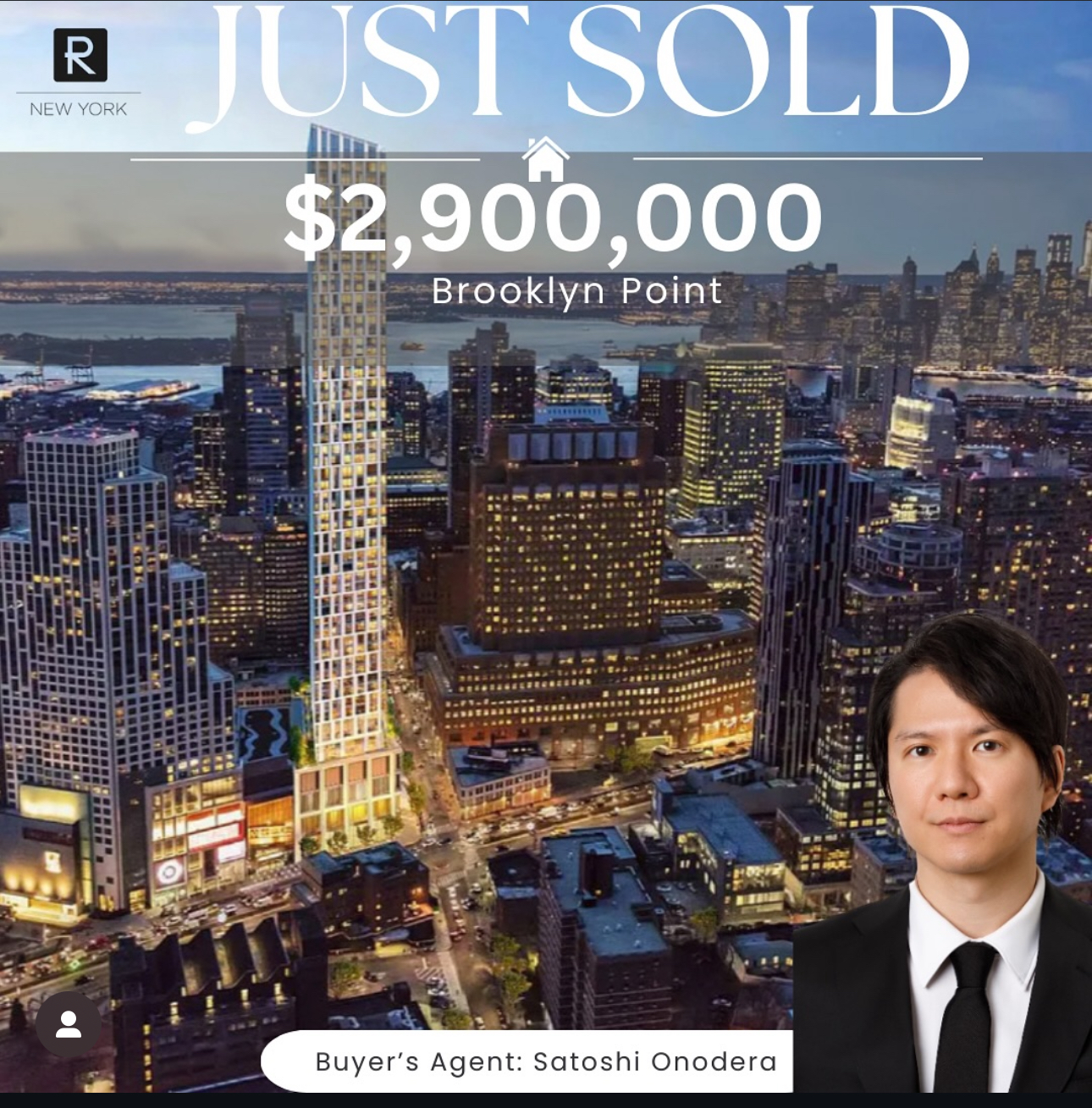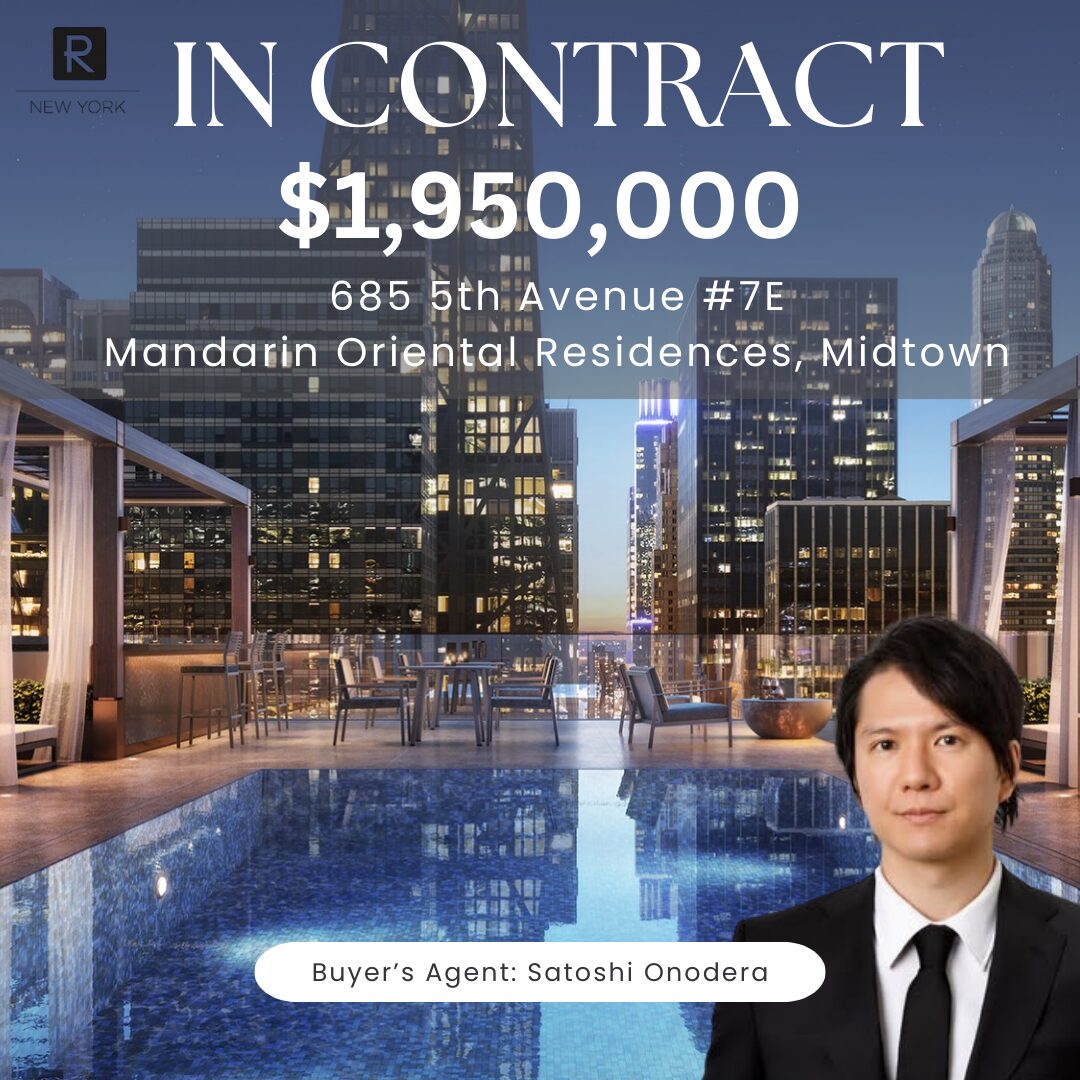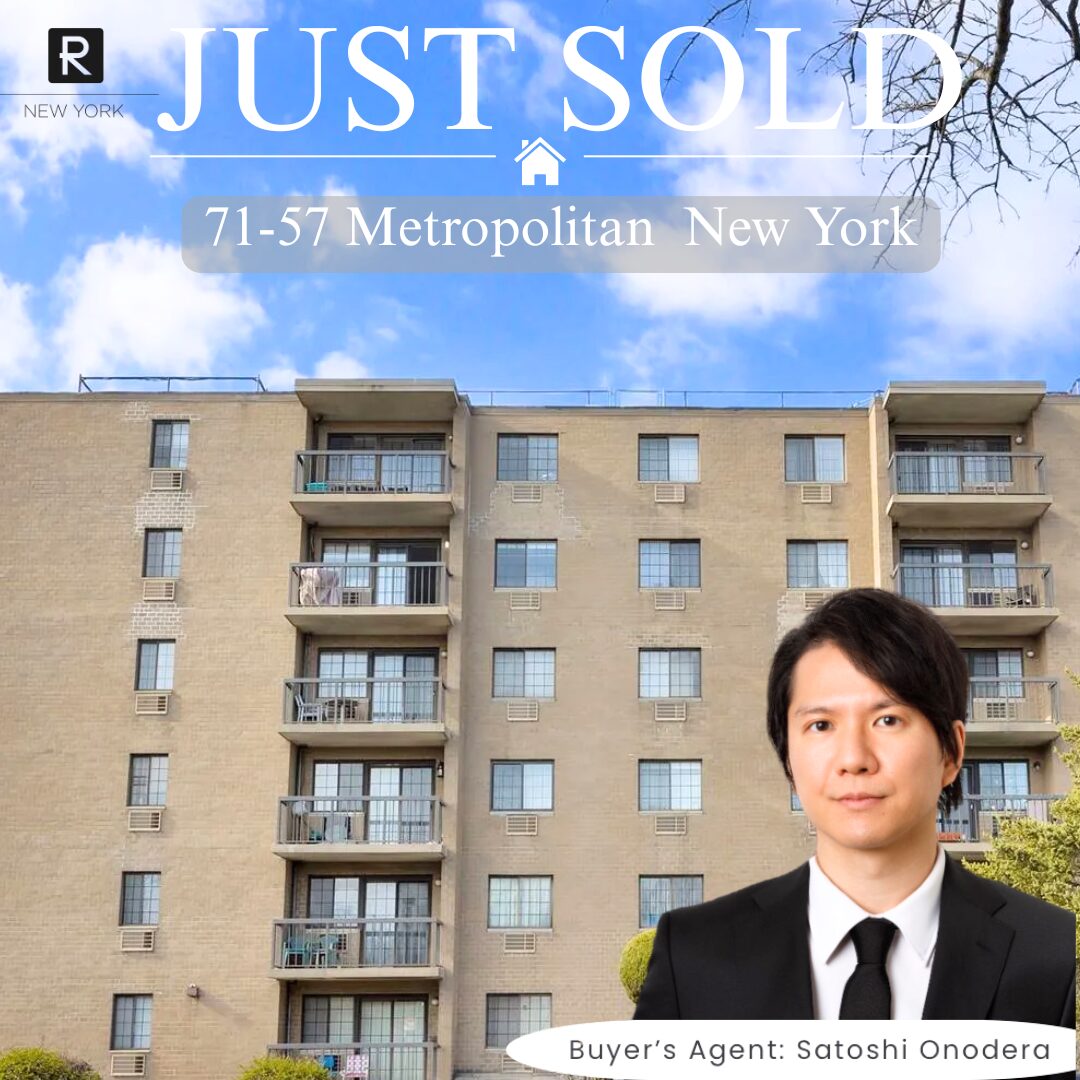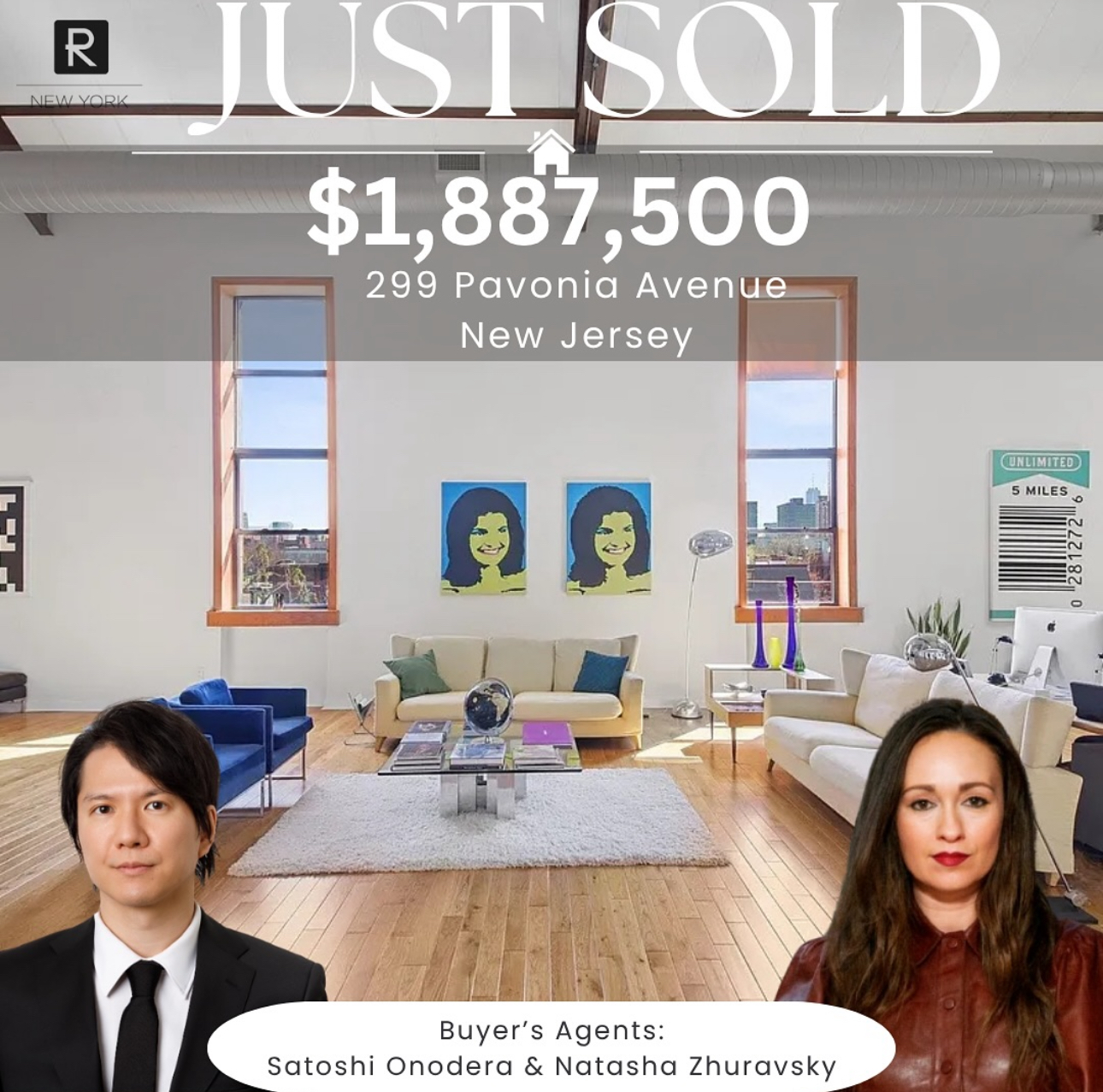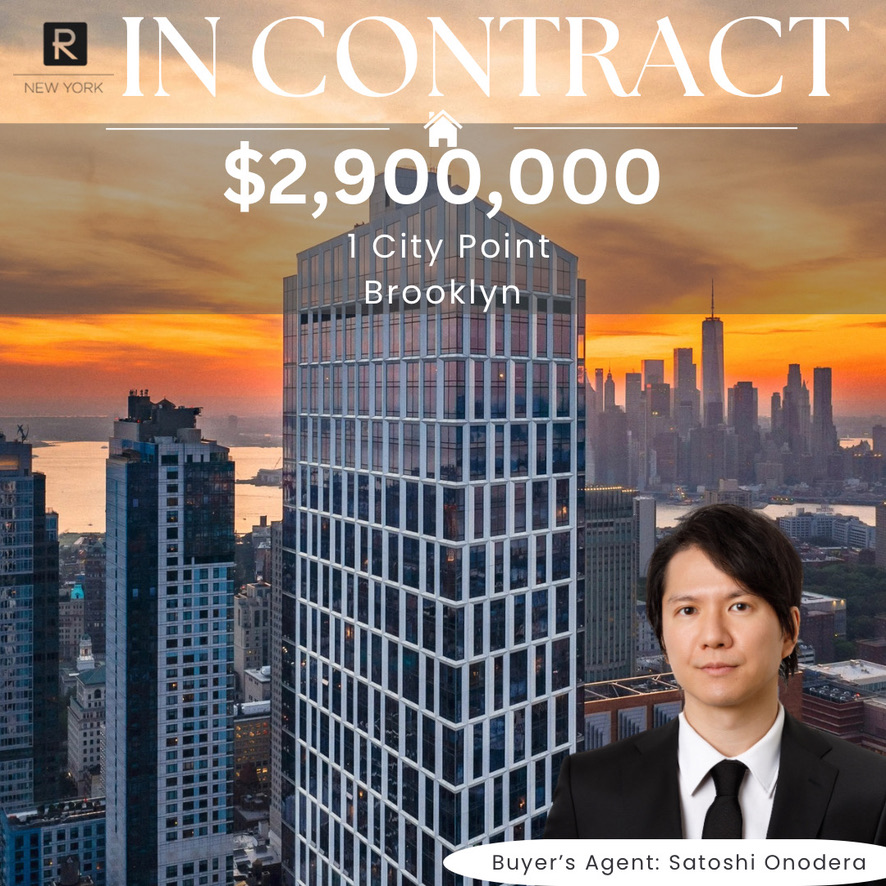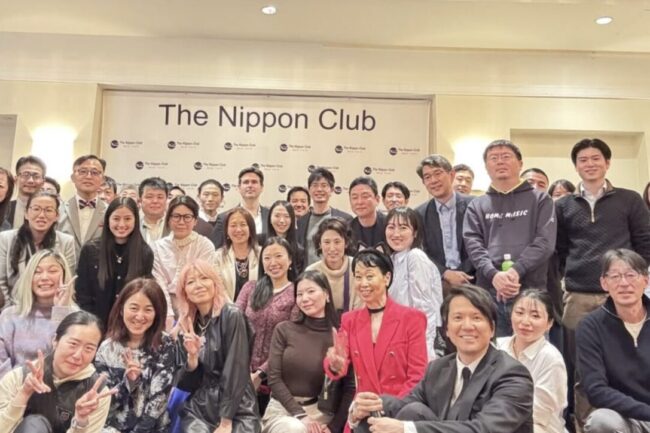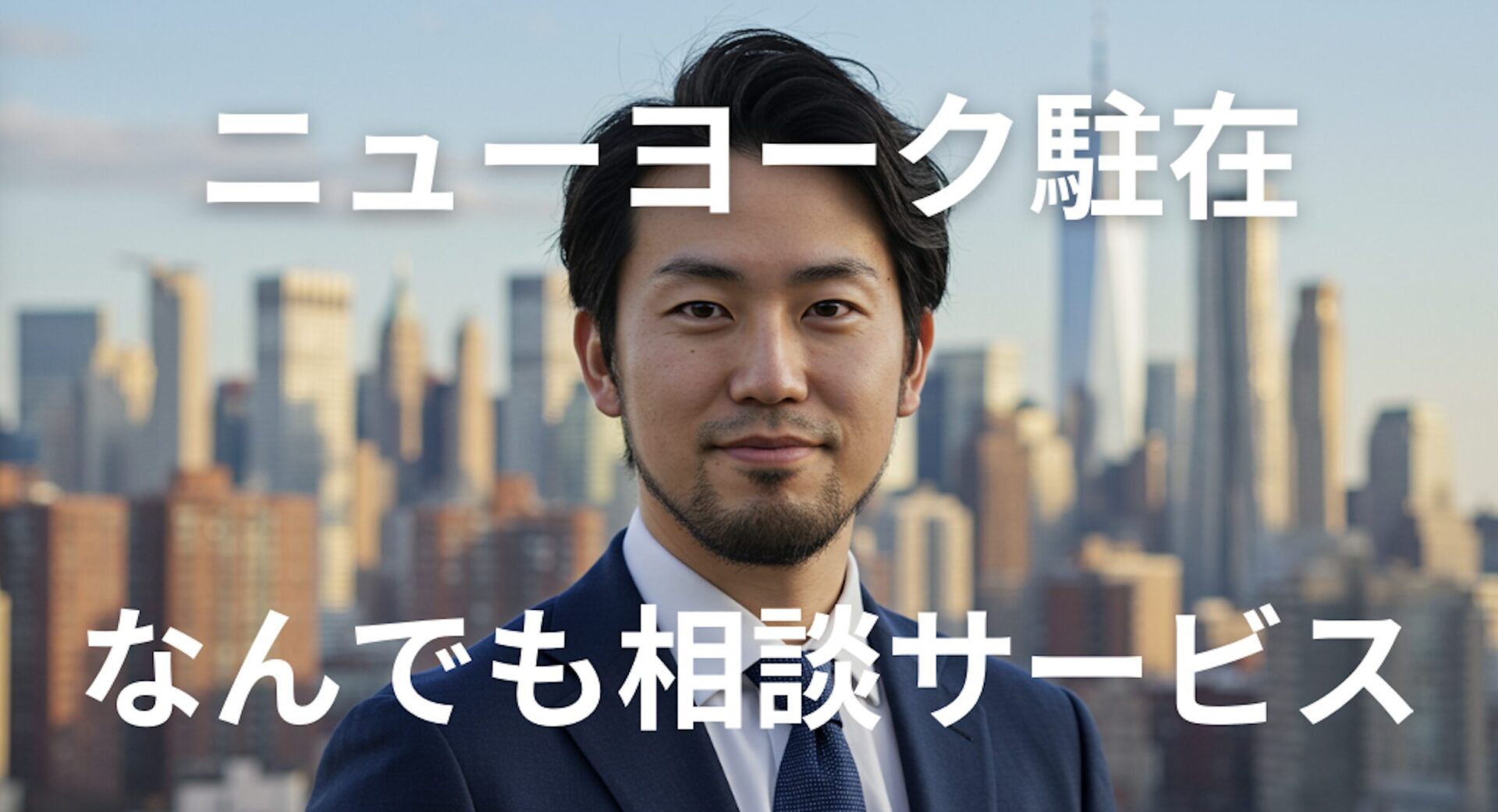This post was originally written in Japanese, and has been translated into English. If you would like to read the original Japanese version, please click here.
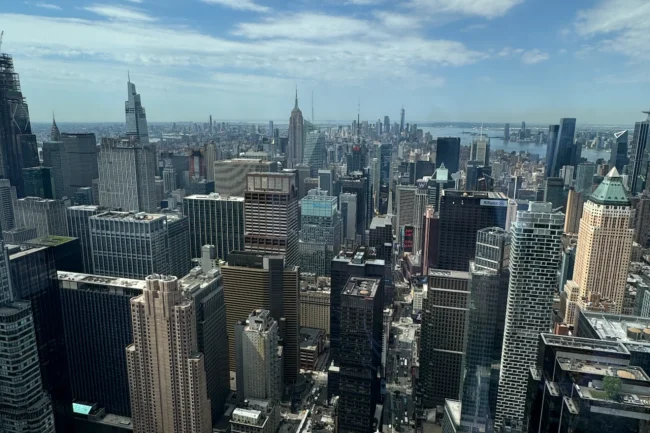
In April 2011, I was on the train to the Toyosu, Tokyo headquarters from Shin-Yabashira Station at 7:17 in the morning. I got up at 6, had breakfast with everyone in the dormitory canteen, glanced through the Nikkei business newspaper in the lobby, summarized it and tweeted it, and then left in my Suit Company suit. By the way, this Nikkei summary was originally a habit of D-kun, a genius graduate of Kyoto University who was in the same year as me.
I was 22 years old and had been assigned to the Global SAP Business Division, which was exactly what I had hoped for, and I was full of hope as I enjoyed the fresh early summer. I had saved up $7,000 from a telemarketing part-time job I had while I was a student, and when the exchange rate was 78 yen to the dollar (almost half price now), I went to study abroad in America for three months.
With the meager 850 TOEIC score I had earned there, I gave a presentation in English to around 80 of my seniors in the department, appealing to them with the words “I can speak English, please let me work in America.” (I continued to do this whenever I had the chance.)
Unfortunately, from the first year, I was scolded to death by my boss. I couldn’t even write meeting minutes. Did you really go to university? The way the design documents were written was different, the fonts in the materials were different, and I would arrive at the office before 9am every day and somehow manage to catch the last train home at 11:30pm.
After returning home, I would hurry to take an hour-long English lesson with a Filipino tutor called “RareJob” (at the time, it cost about $1 per lesson), and then use the remaining energy and motivation to study bookkeeping, watch a movie, and go to bed around 3am. As a side note, I got up to the second grade in bookkeeping, but the first grade was too difficult.
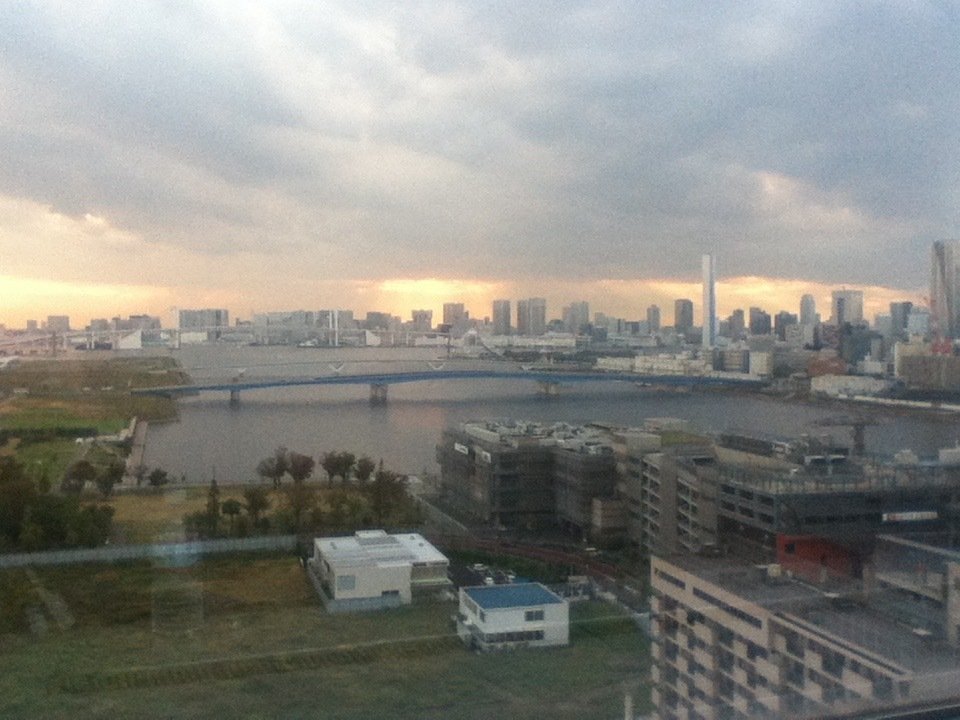
It was a really bad start, but the company I joined straight out of university was a really good company. I still wholeheartedly recommend it to job-hunting students. At the same time as giving me encouragement, all the senior staff really supported me.
After five years, which felt like three times as long, I was posted to the US, which felt like a miracle. I was posted to Los Angeles in my 20s as an IT manager, which was unprecedented for a company with over 15,000 employees, but I was simply very lucky to have been offered the position.

The blog I wrote during my time there, “28 Years Old, 10 Things I Learned Working in America for a Year”, literally and truthfully described what I had learned during that time, and it was read by 200,000 people in just three days. Even now, seven years later, I still receive direct messages from people who read it regularly. (For those who are interested, please refer to the reprint on HuffPost, as the domain has disappeared for some reason.)
After that, I moved to India, changed jobs again, and was involved in the company’s IPO and freelancing, and nearly two years had passed since I finished my overseas assignment.
Time passed, and in 2019, when I turned 30, I started my own company and moved to New York.
30代はアメリカでもう一度勝負、と昨年30歳になった日に決めてから約11ヶ月。LA駐在を終えてからは実に1年半以上が経ち、紆余曲折ありました。その間にインド案件、転職、独立、起業と色々ありましたが、晴れてまたアメリカに戻って来れました。ずっと目指していたニューヨークで新しく頑張ります。 pic.twitter.com/rvPXp37xGk
— Satoshi Onodera 🇺🇸 (@satoshi_gfa18) June 14, 2019
It says “It’s been about 11 months since I decided to take another chance in America in my 30s on the day I turned 30 last year. It’s been more than a year and a half since I left my LA posting, and there have been many twists and turns. During that time, I’ve had a project in India, changed jobs, become independent, and started a company, but I’m finally back in America. I’m going to do my best in New York, which has always been my goal.” June 14 2019
I can’t just gloss over this, but up until I got here, the big wall of visas was the first thing that awaited me. Although the image is that America is a country of freedom, it is by no means an “open country for everyone”.
As a general rule, it is a country that welcomes anyone who has world-class skills or is willing to spend a lot of money (and pay a lot of taxes) because it accepts many immigrants. In other words, it is a free, open and welcoming country, but it is also a straightforward capitalist society where you have to contribute to America in some way in order to even come here (and because people come from all over the world, higher and higher standards are demanded each year).
By the way, for information about visas, please watch this video.
This article describes various things that happened during the five years after I moved to New York.
Well, hello again, this is @satoshi_gfa18.
It’s been five years since I came to New York, and I’m now in my sixth year here. In this article, I’d like to write about my experiences in New York, and how I felt and what I learned from them, from my own perspective.
These are just my personal thoughts, but I hope that I can help you in some way by sharing my experiences. It’s a bit long, but please read to the end.
What it means to live in New York
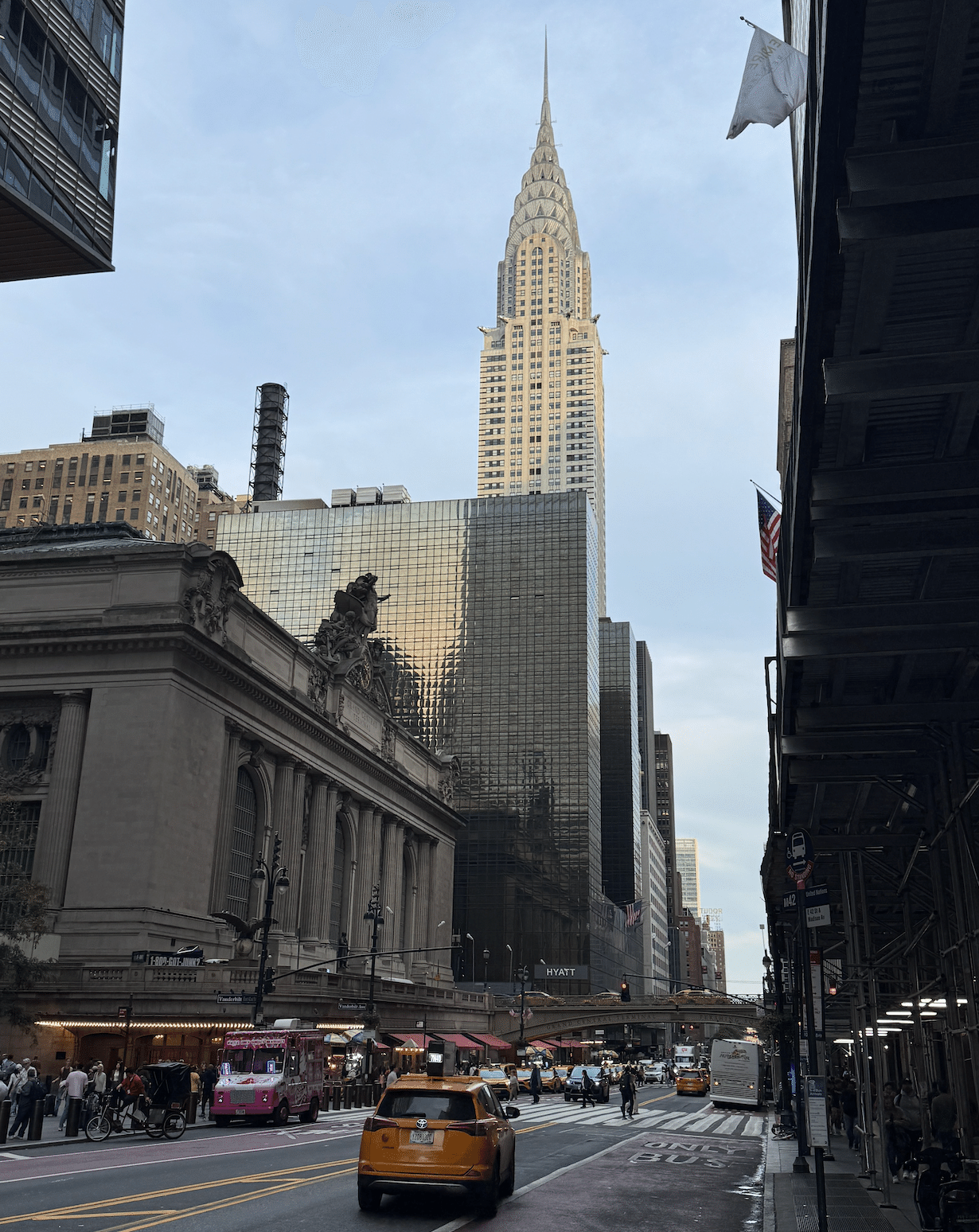
This is Midtown Manhattan.
In 2019, when I started my business in New York, after thinking about it a lot, I decided to start with what I could do. Of course, I also wanted to try things like raising a large amount of funding, creating a tech product in the US, and aiming for a Nasdaq listing! However, I’m not particularly talented, and when I saw that even people far more talented than me couldn’t do it, it was obvious that I was not one of those people.
‘Living in New York’ means contributing to New York in any way you can and surviving there. After thinking about it using the little brain I had, I decided that the first thing I could do to make myself useful in New York was to support the company I wanted to come to.
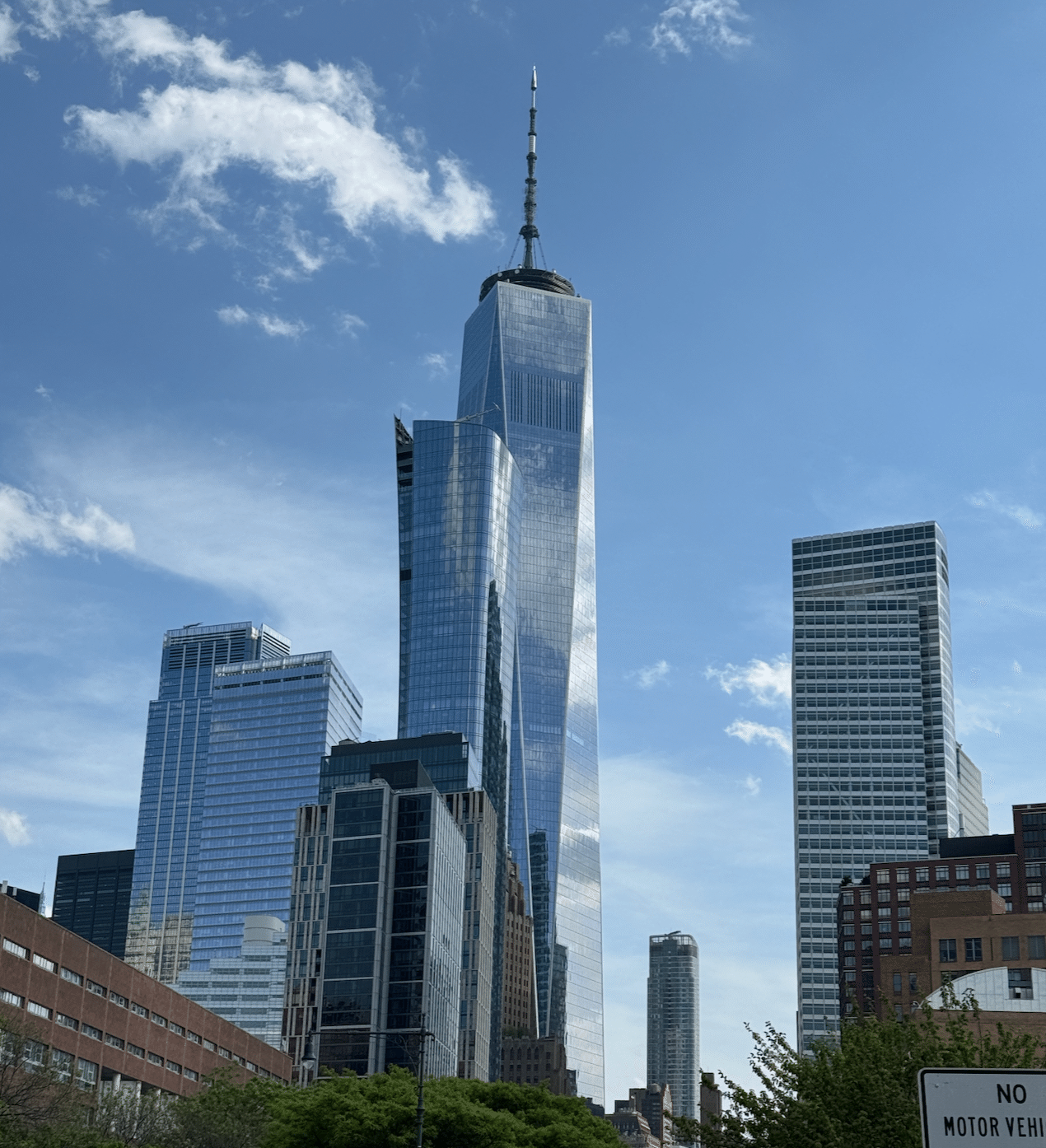
The One World Trade Center, photographed beautifully.
People often make fun of people like me, saying things like “Anyone who looks at Japan and works for Japan is not the real deal”. But I didn’t listen to them (or maybe I did).
I started my own business with the little money I had saved up, and I’m in a city that could be said to be the most desperate in the world to survive, and I don’t have any family in America, I don’t have a degree, and the only reason I was able to get a visa was because I managed to scrape together information from over 10 lawyers and invested all the money I had, and to begin with, unfortunately, no one invited me to America.
I was someone who had come from a faraway place on my own and started a company on my own, and putting my priorities on what I wanted to do or what was cool was not a calm option for me.
And there is also the fact that you can’t survive in a competitive society unless you make use of your background and what you have.
For that reason, I couldn’t let the situation get to the point where I had used up all my funds without generating a single dollar… So I made a relatively early vow to steadily do what I can without using other people’s money until I’ve built up a certain scale of operations. (But to be honest, this was really hard work. I think this would take up about 30,000 characters, so I’ll leave it out here.
And so, I began by playing a role in the crossover between Japan, Europe and Asia, from New York, as a business connection in the US, supporting the expansion of business into the US, developing partners, and acting as a business connection in the US.
New York for the haves and the have-nots
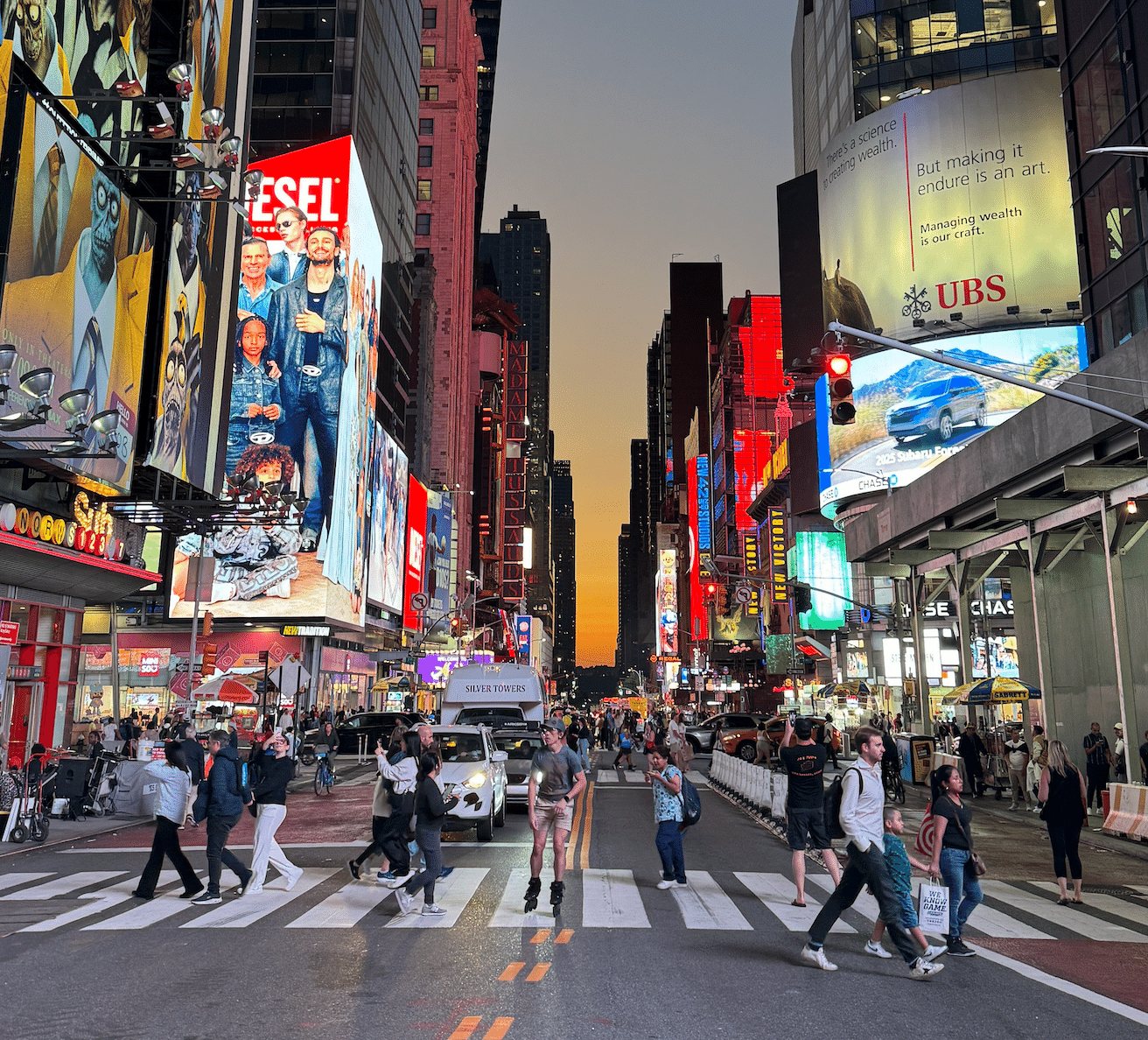
As you will find out if you try to do business in New York, competition is crazy fierce in every industry. For visa reasons, many people leave after a few years, and the cost of living, business, prices and labor costs are all too high, and the culture is not very friendly. English is also spoken at a relentless pace. It is a society that does not accommodate those who cannot keep up, and expects you to be able to keep up.
It may be an exaggeration, but it could be said that nothing is given to those who have nothing in New York, something that is rarely talked about in the media.
By the way, I’d like to give an example of why many people (even for reasons other than visas) end up leaving after a short time.
For example, let’s say an elite person who has succeeded in Japan comes to the US. They might have graduated from Tokyo University, joined a large company, worked their way up the ranks, and then come to the US to study for an MBA. At first, they might be thinking about leaving their job and starting a business in the US.
However, as a native Japanese person, you will immediately fall to the bottom of the pile due to your language handicap when you come to America. In America, where language communication is highly valued, the handicap caused by language is huge. Depending on the person’s personality, I feel that there are more people than you would imagine who become depressed by this. However, even if you can make up for this to some extent through learning, once you enter the workforce, you won’t have the time or resources to do so. it is undeniable that the environment in which you are born and raised has a large impact.
And even if you have a track record in Japan, there are not many people (in relative terms) who will be interested in Japanese business. Living costs are high. The food is not good. And we have already discovered the wonders of Japan.
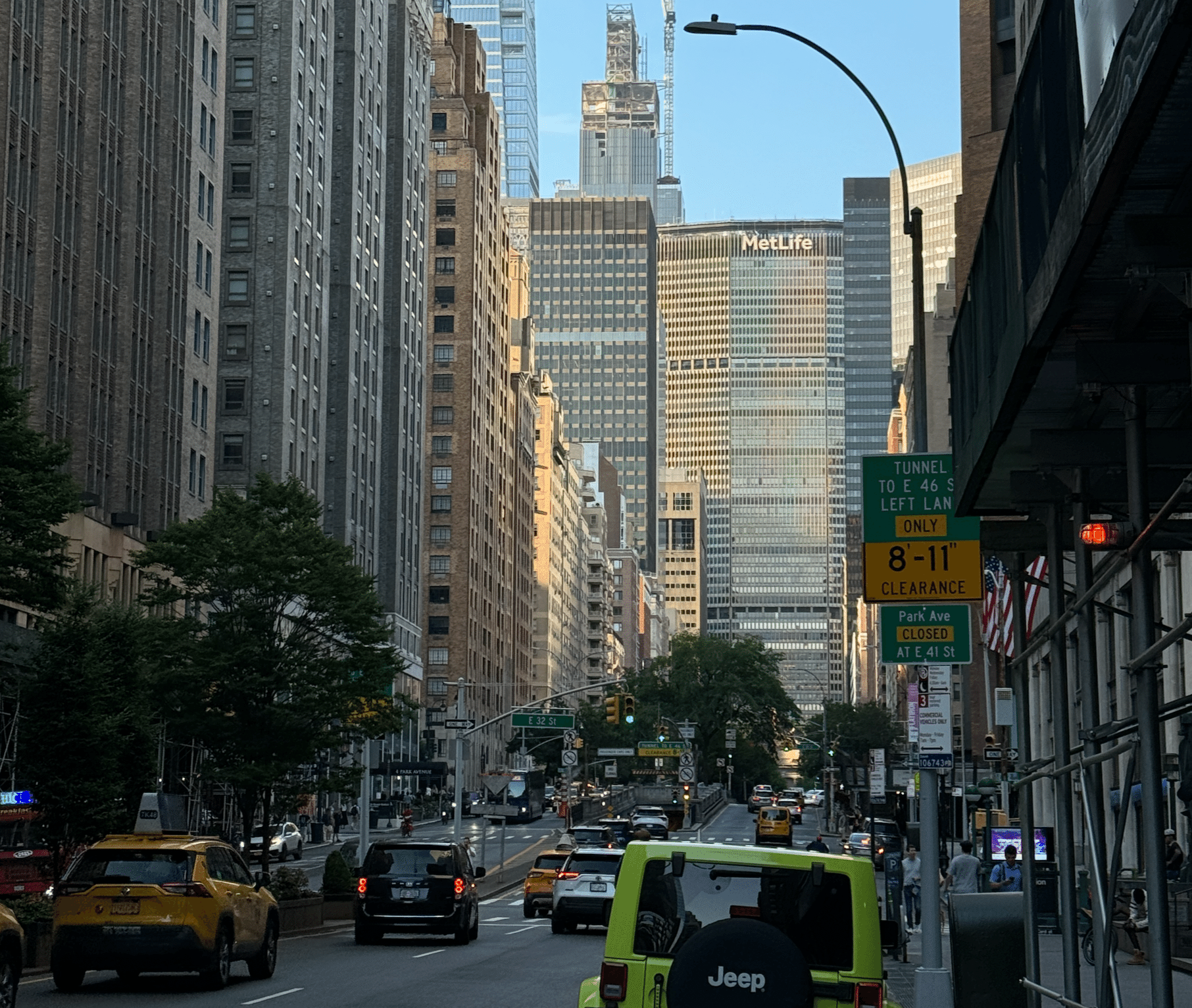
If you do that, you lose everything you’ve built up, and you go from the top to the bottom in one fell swoop, so there is no logical significance to going to New York to do something. The cost-benefit ratio is just too bad.
I wrote earlier that New York is a place where you can’t give anything to those who have nothing, but you can’t come to New York unless you have something to begin with. Whether it’s money, talent, a big track record, or luck, you need to have something. However, as I mentioned earlier, for those who have something, once they reach a certain age, because of their lifestyle and pride, it becomes quite difficult to continue doing something from here, although it is not impossible. This is, to be honest, largely due to age.
On the other hand, the experience you gain from spending one or two years in New York will be very useful in Japan. New York is 10,000km away from Japan, and most people never come to New York. If you were to go to New York on a business trip from Japan, for example, (depending on your industry) you would probably be one in ten compared to the number of people who go to Silicon Valley. In this context, people who have experienced New York for two years, whether it be for study or business, can make their careers very unique. This is a smart choice in a positive sense.
The theory that conducting business is the most effective way to contribute to social issues

Returning to the story, about six months later (or a year if you include the freelance work), I started my own business in the food industry, which I had always been interested in. This was a business that involved creating, selling and wholesaling products for vegans (vegetarians), which was also a trend in New York at the time, and it was developed in both Japan and the US.
I also didn’t eat meat, fish, eggs or dairy products for about three and a half years during this process, and I really did live like a Buddhist monk. The business expanded beyond food to include apparel and household goods, and as a result, we had nearly 10,000 customers in Japan and the US, and our media had over 15 million page views. We have also helped dozens of companies to go plant-based, and I can proudly say that we are one of the top business developers in this field in Japan.
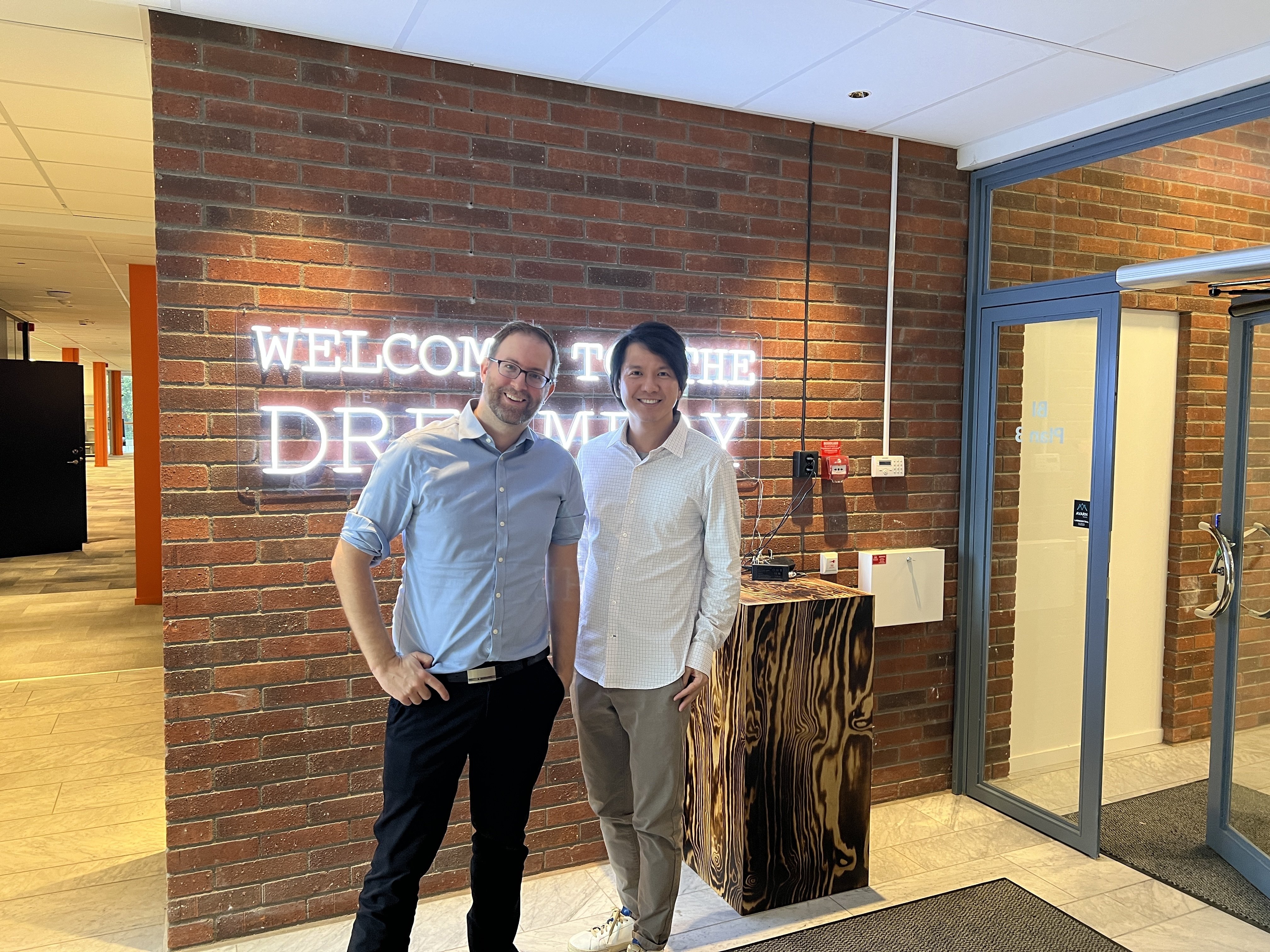
I worked with vegan and plant-based businesses around the world, traveling from New York to Sweden and Germany, to Australia, and all over the United States, and we all worked together to boost the industry. I’m no longer a vegetarian, but I still continue to have deep exchanges with businesses around the world and continue to support their activities.
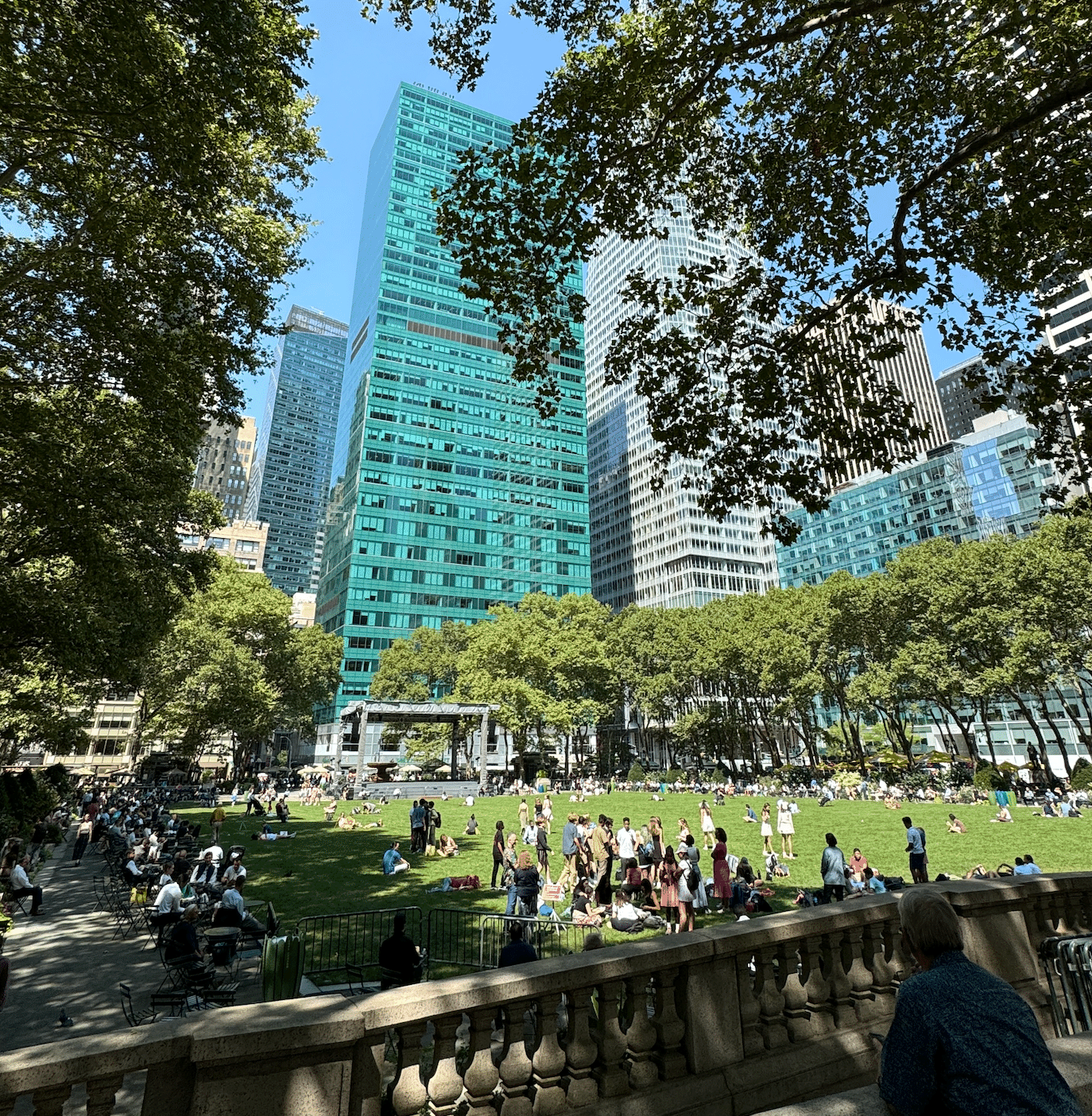
By the way, vegans are causing a stir on the internet. While I respect the intentions of their activities, I believe that“forcing something on people” is not something that should be done in the first place, and that it is always centered around the sender’s needs, and that it is not a peaceful solution in any field. We have been sending out over 2,000 pieces of content in Japanese and English over the past four years, but not a single one of them has forced anything on anyone. We always thought that it was a matter of “there are also these lifestyles and ways of thinking, and you should decide for yourself whether or not to choose them”.
And through business, we can provide services for those who choose a vegan or vegetarian lifestyle, create our own media, send out correct information to the world, and expand the scope of the industry, so that we can tackle social issues in a positive way. Demonstrations may be one way of communicating, but I think positive communication is more meaningful. Donations and tax payments may also be one way.
During this period, there were times when I was eating something different from my girlfriend at the same table, and at a yakiniku restaurant I was eating cold noodles by myself, but it was a somewhat unique experience, but not a problem. Food, lifestyle and thought should be all things that you choose for yourself, and not something that other people tell you what to do with.
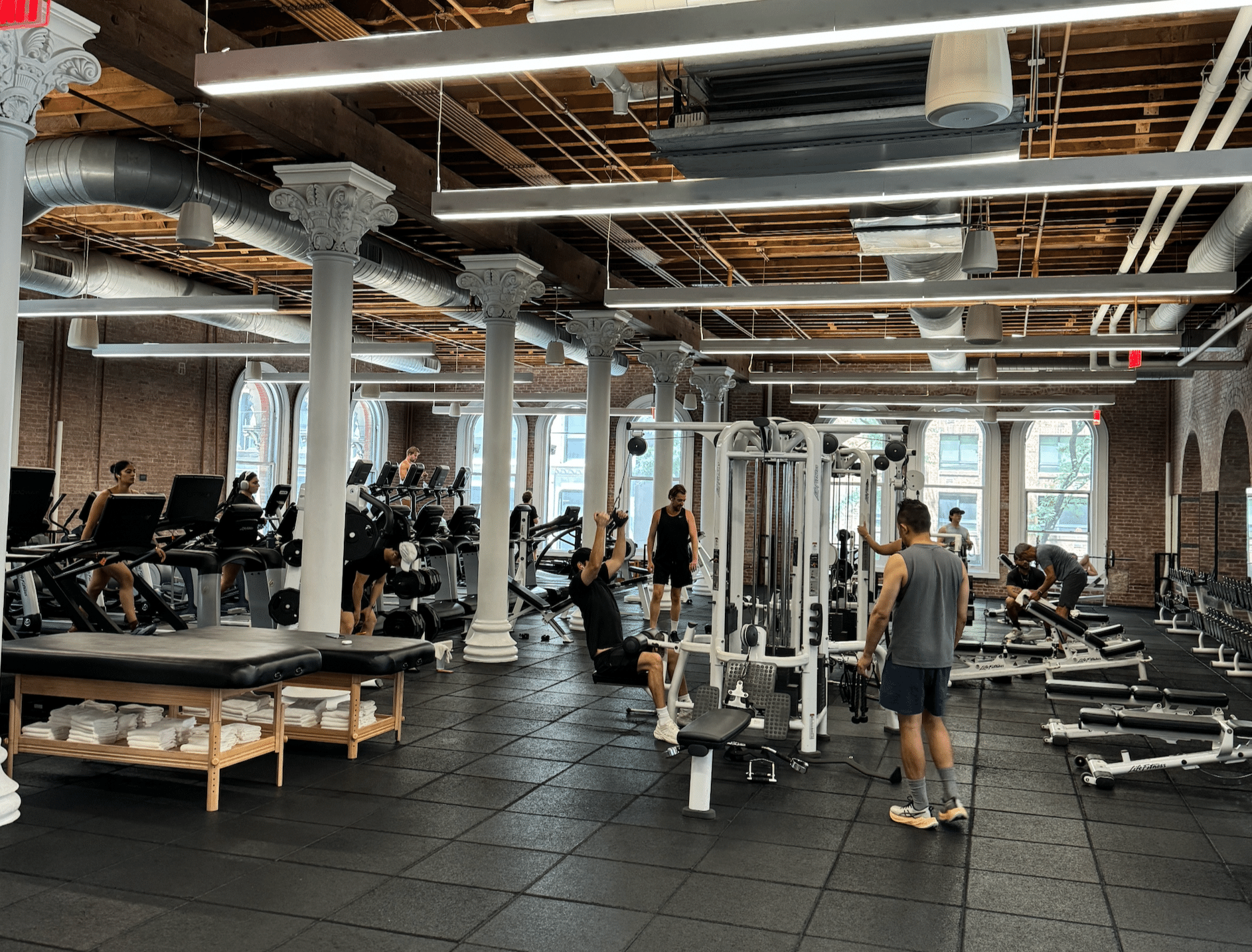
There were several opportunities to sell some of my businesses in Japan, but I preferred to keep the concept intact, and in the end the timing was not right. However, in the US, I actually started up a B2B Asian vegan food company with a senior industry veteran last year, and we are continuing to work hard to develop business partnerships and sales channels with top players in the industry. I became interested in veganism through food and health, and I want to continue to help in this area in whatever way I can.
Now, let’s return to the topic of business and New York. As I write about New York, I want to mention one thing. It is a way of thinking that has always been at the root of who I am.
If the world were equal, it would be beautiful. Unfortunately, that is not the case. Having understood this 100%, we must survive in this unequal world. No matter what your birth, if you have something you want to achieve, you have no choice but to make the most of it, not complain.
Three reasons for starting the real estate business
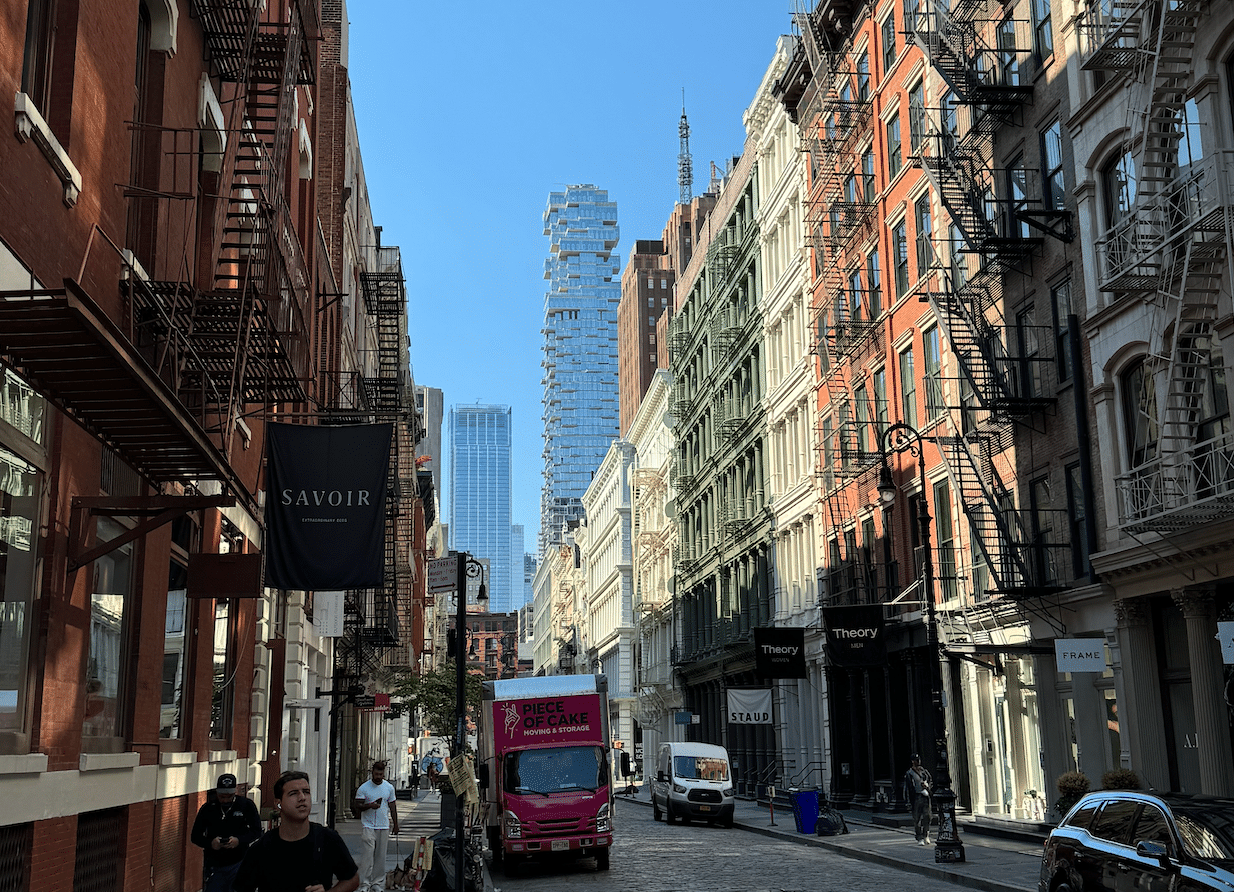
This is another sudden cut-in, but I am in the real estate business, and there are three reasons why I started.
One is that it is an extension of my existing business. While supporting American expansion, visas, marketing, and partnership development, there was a need for support for houses, offices, and commercial real estate where people would eventually live. This is a business reason.
The second reason is my own aptitude and interests. A somewhat long story, but as an episode that led to this, there was a VIP-like person from overseas who came to Japan during the holiday season one year.
“Since this person is coming all the way from overseas, I want you to hold a wonderful party and treat them well. The event is tomorrow,” a business acquaintance asked me to do. He was a famous artist who appeared in many mass media, and while I thought it was quite a tall order, I managed to organize a venue and invite around 10 people from related industries, and somehow managed to hold the event in a good way. After the second party, on my way home, he suddenly said to me, “You’re good at hospitality, so you should work for the wealthy.”

I started a business for the wealthy after making a mistake and feeling good about myself. It had been about three years since I started my business. I had started and failed several businesses before that, so I always took the first step lightly.
First, I started out as an intermediary for high-end furniture and art, and then I tried things like health coaching for the wealthy, making use of the background I had gained from my first food business in New York, but I was unable to find customers as I had hoped, and after about three months I decided that I couldn’t make a business out of it and stopped. Some of my businesses made sales of around $10,000, but there were also some that didn’t make a cent.
However, I was also able to work with VIPs, industry leaders and wealthy people through my existing business, and I am proud that I was able to satisfy them in all of these cases. Also, in New York, I often meet people I know.
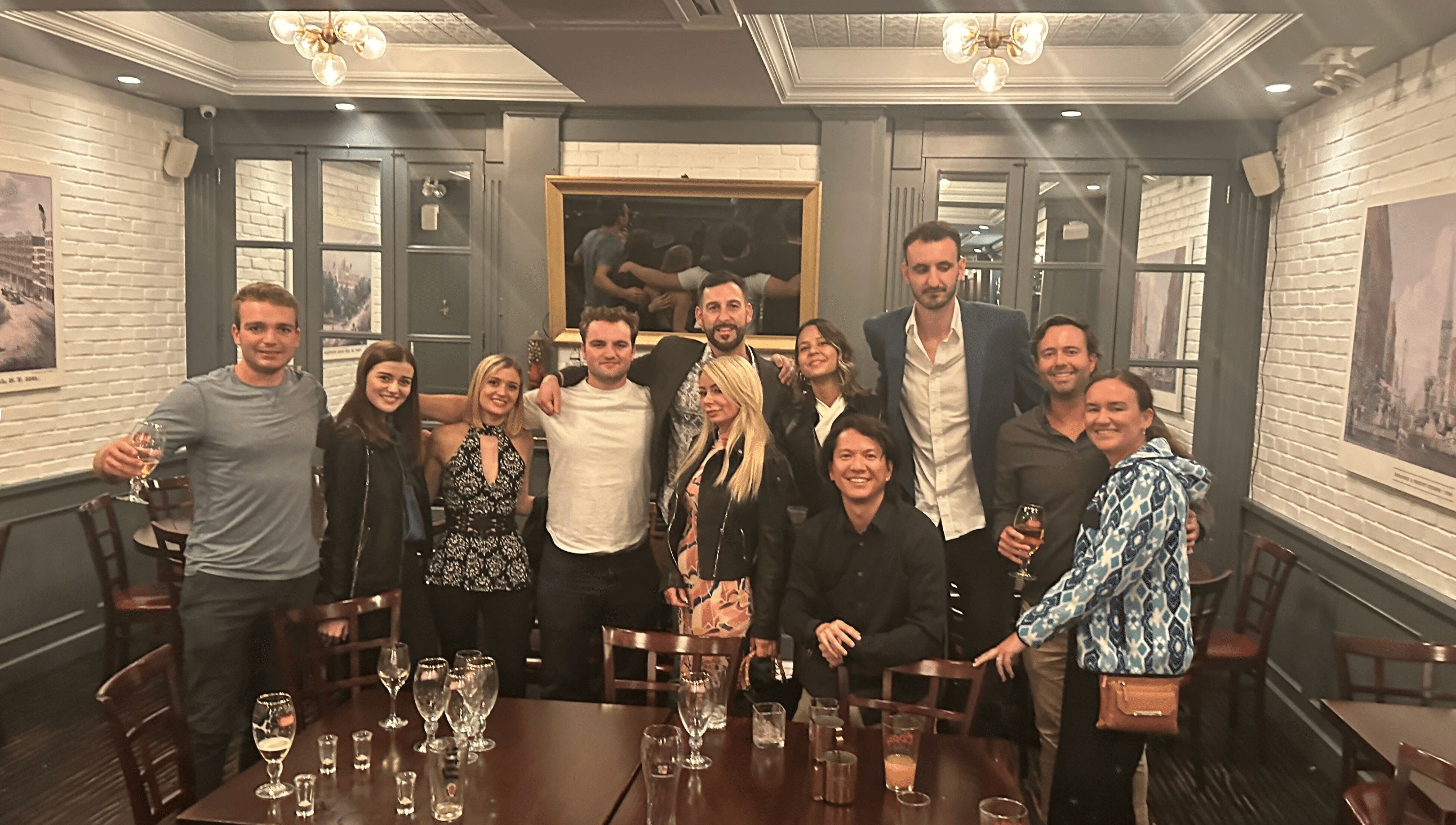
Around the same time, I started a business with European and American business partners that I had met through these initiatives, to support the expansion of American businesses into other countries. For details, please refer to the previous article.
During this time of twists and turns, I visited Europe, Asia, Australia, and about seven states in the United States to look at real estate for investment.
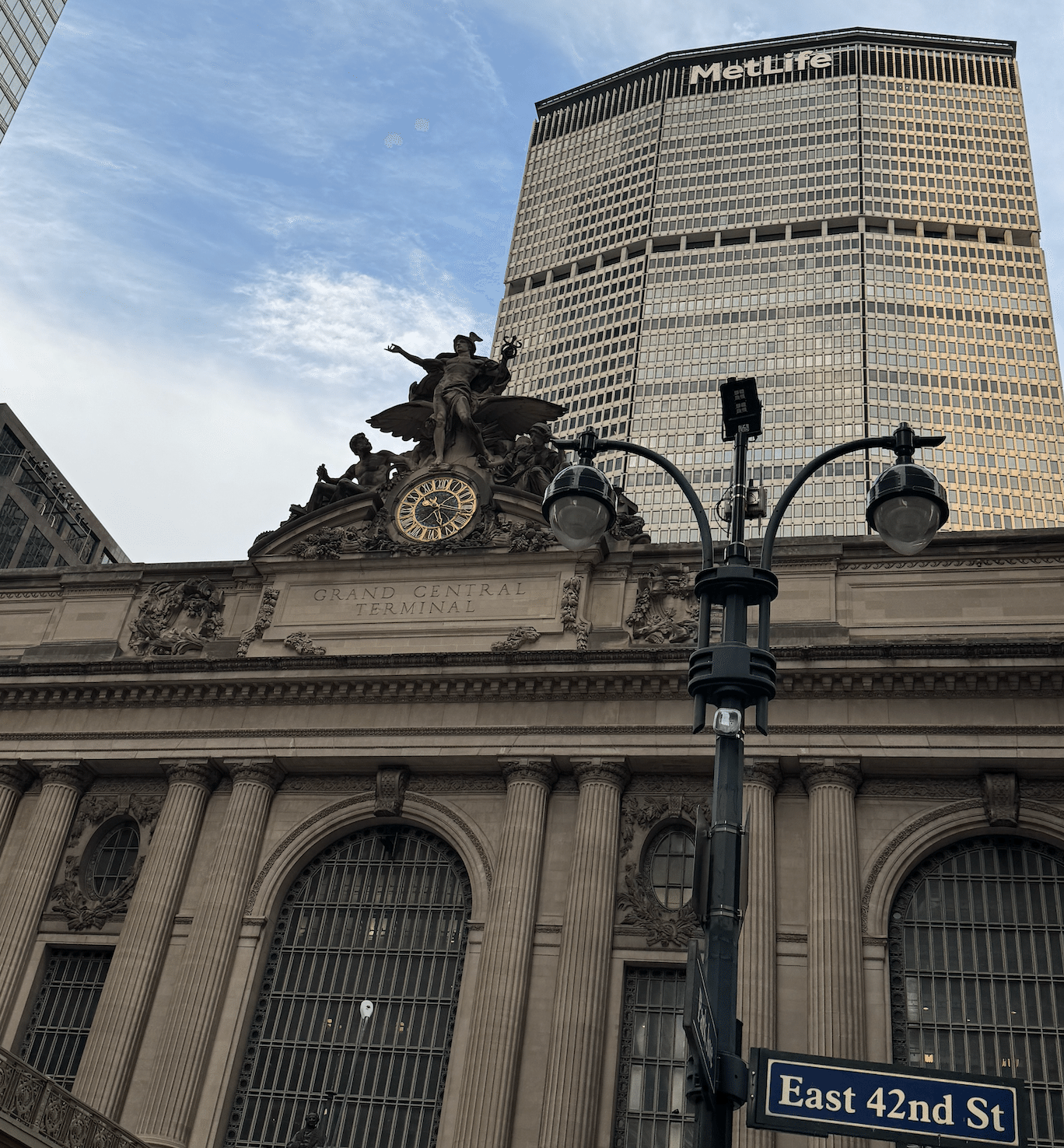
In conclusion, I felt that, for myself, I was convinced that New York was the center of the world 100 years ago, now and 100 years from now, and that if I was going to invest, New York was the only choice, and I became interested in the industry through my own investments and started a real estate business.
世界中からNYに人が来る理由は、事業や教育、本人の嗜好、実質的な価値のみならず、一番は100年前も現在も世界の中心で、おそらく100年後も中心であり続けるであろう地・人・コミュニティへのパスです。短期的なコスパでは絶対に計れません。自分が6年前に来た理由も、不動産を始めた理由も同じです。 pic.twitter.com/rY4pY0Y839
— Satoshi Onodera 🇺🇸 (@satoshi_gfa18) October 12, 2024
It says “The reasons why people come to New York from all over the world are not only business, education, personal preferences, or practical value, but also the path to the land, people, and community that was the center of the world 100 years ago and is still the center today, and will probably continue to be the center 100 years from now. It can never be measured in short-term cost performance. The reason I came here six years ago and the reason I started real estate are the same.”
Thirdly, I had a unique attachment to the real estate business. It was the personalization and deification of “having the best house” as a goal.
When I was in the third grade of elementary school, my mother, my older sister and I lived in a studio apartment, and there was a time when we didn’t have a landline or a refrigerator at home. I got used to that environment over time, but because my parents and family were working hard, I thought it was pointless to complain about it. Rather, I thought that if I could eat ice cream or if my life was better than the week before, then I was blessed (at least more than the week before). In the midst of this, I suddenly felt that I couldn’t stay in this situation forever.
If I had been born and raised in a developing country and everyone was the same, I might have been able to live without knowing any better, but in my case, I was in the middle of Tokyo. Everyone had almost everything I didn’t have, and I felt that every day. Also, I was a relatively wealthy kid until I was 8 years old, the year before my parents got divorced, and I was a particularly conspicuous brat at school. This, combined with the fact that my social class changed dramatically within a few months, had an impact on me.

New York at 911
After that, thanks to my mother’s hard work, I was able to escape that situation and live a minimally decent life as a teenager, but one day I suddenly realized that we didn’t have the money to go to university. (I didn’t hear it said, but I understood.)
However, it was like the story of the chicken and the egg, and I understood that if a person with no particular talent, intelligence or money doesn’t even go to university, then there is no way forward. In the autumn of my second year of high school, I quit the club I had devoted all of my youth to the day after I had decided to join it, and from there I studied hard and managed to get into university as a regular student.
I remember that, despite being told by the coach to “never show your face in front of me again” after suddenly quitting the club on the day after playing in a match, I sent him a New Year’s card saying “I’ll be going to university, so please keep an eye on me”.
However, it’s true that when you accept that obstacles are there to be overcome, you don’t feel them as hurdles, and you can see them as something that will turn out well.
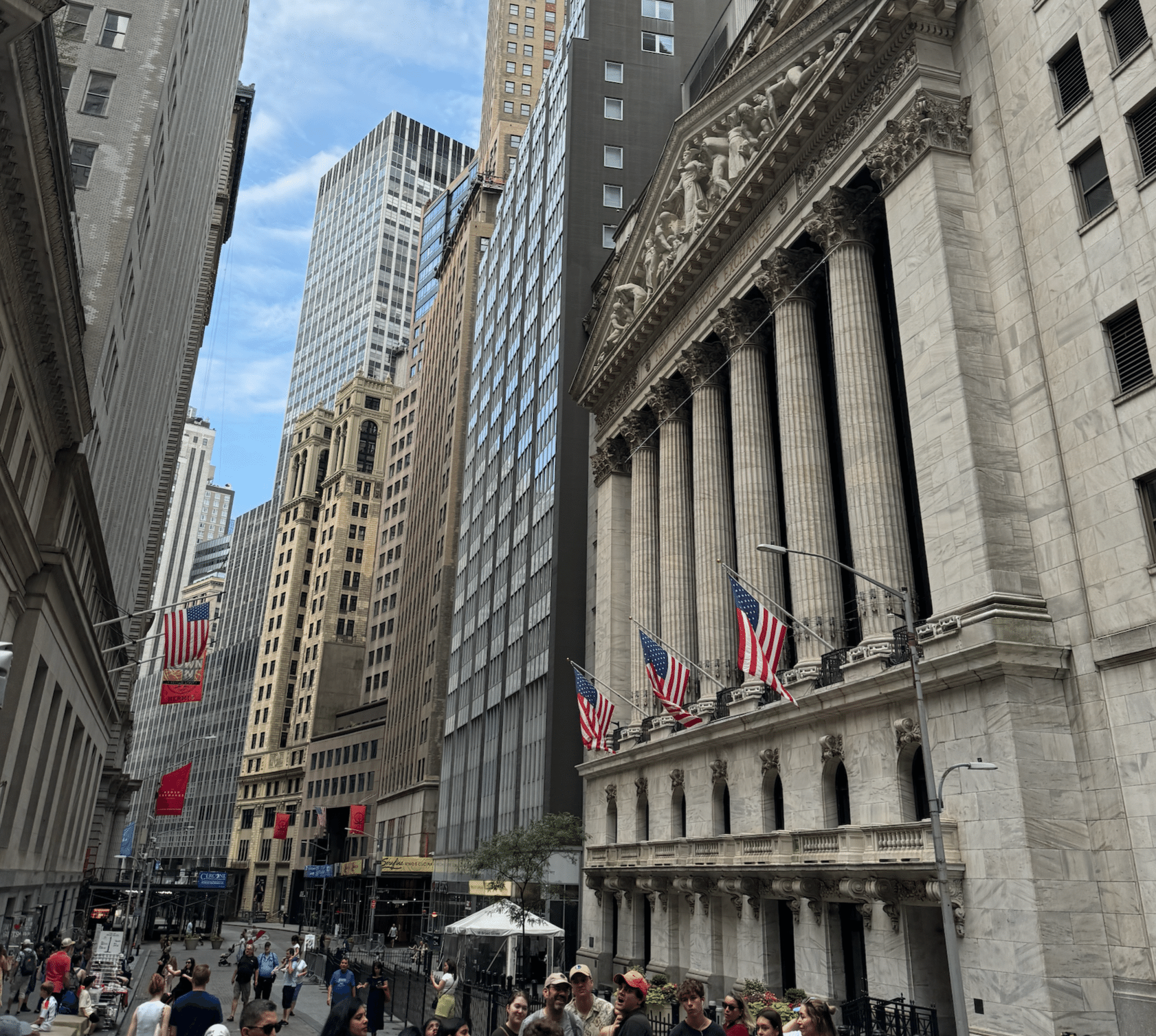
That place where the flag goes up when a company is listed
As a result, I have moved house eight times before I turned 20, and I have also lived abroad since I was 27, so I have moved house a total of 35 times in my life. (I am 36 now.) Because I have moved house so many times, I am relatively good at finding a house, and I am still motivated to live in a good house.
By the way, house buying and selling is really popular in the US, and it is said that on average people buy a new house about seven times in their lifetime. For example, it changes depending on the life stage, such as from a studio apartment for living alone when you are young, to a house for a couple before getting married and having children, to a bigger house after having children, to moving because of a change in lifestyle, to downsizing after the children become adults, and so on.
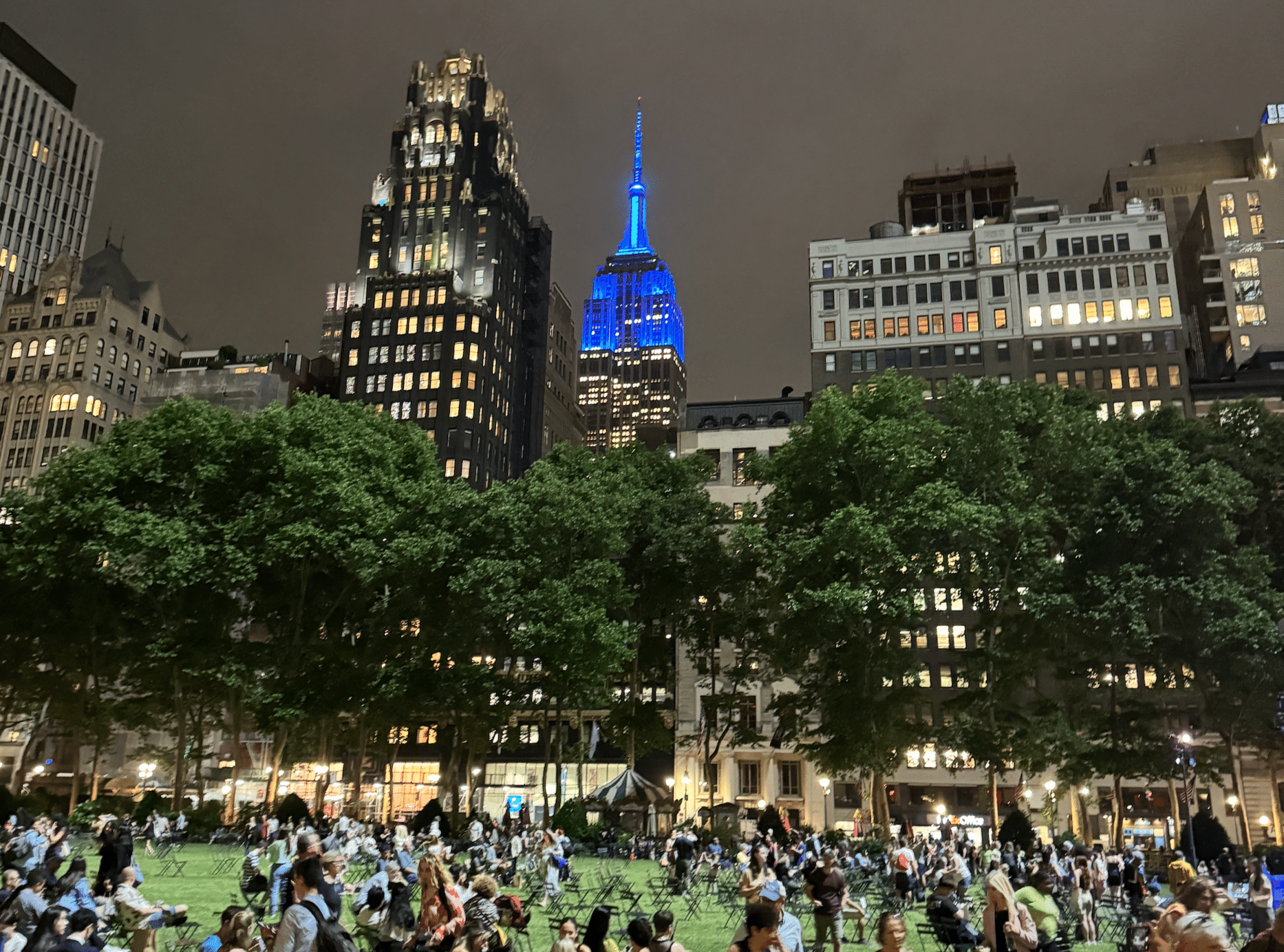
In addition, the real estate market in the US is very transparent, with property prices available on the internet at any time, and many properties are bought for investment purposes (mainly with the aim of renting the property out to someone else and earning income, or selling it after the value has increased and earning a capital gain on the difference in asset value).
When dealing with real estate, you need to think about the person’s lifestyle and life, but what I understood from searching for a house on my own was that American real estate agents are often not well-liked (in the industry).
Many people are conspicuous in their style of how they can sell this house now, being powerful and flashy, spending the money they have earned, and claiming success.
If you watch reality shows on Netflix, etc., you can get a glimpse of this. (Also, being in the industry, I think it’s a bit like a parody, and it might be something you enjoy as entertainment…)
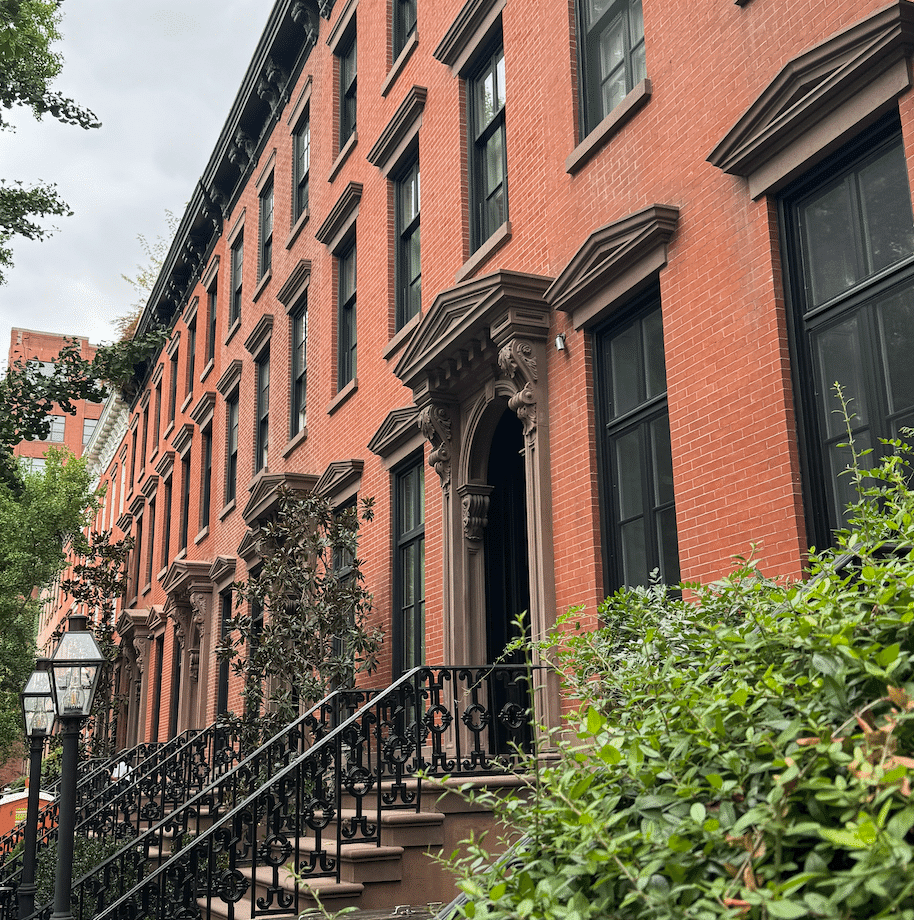
In my case, I didn’t originally enter the industry from sales, and it was an extension of my existing business. I started out with the idea of using my Japanese hospitality and experience as a business manager to do real estate business.
Returning to the topic, the real estate business that I started with the three backgrounds of (1) an extension of an existing business, (2) my personal strengths, and (3) my personal thoughts is something that allows me to understand the microcosm of New York, which teaches us that this world is not equal, more than anything else.
New York teaches us that this world is not equal.
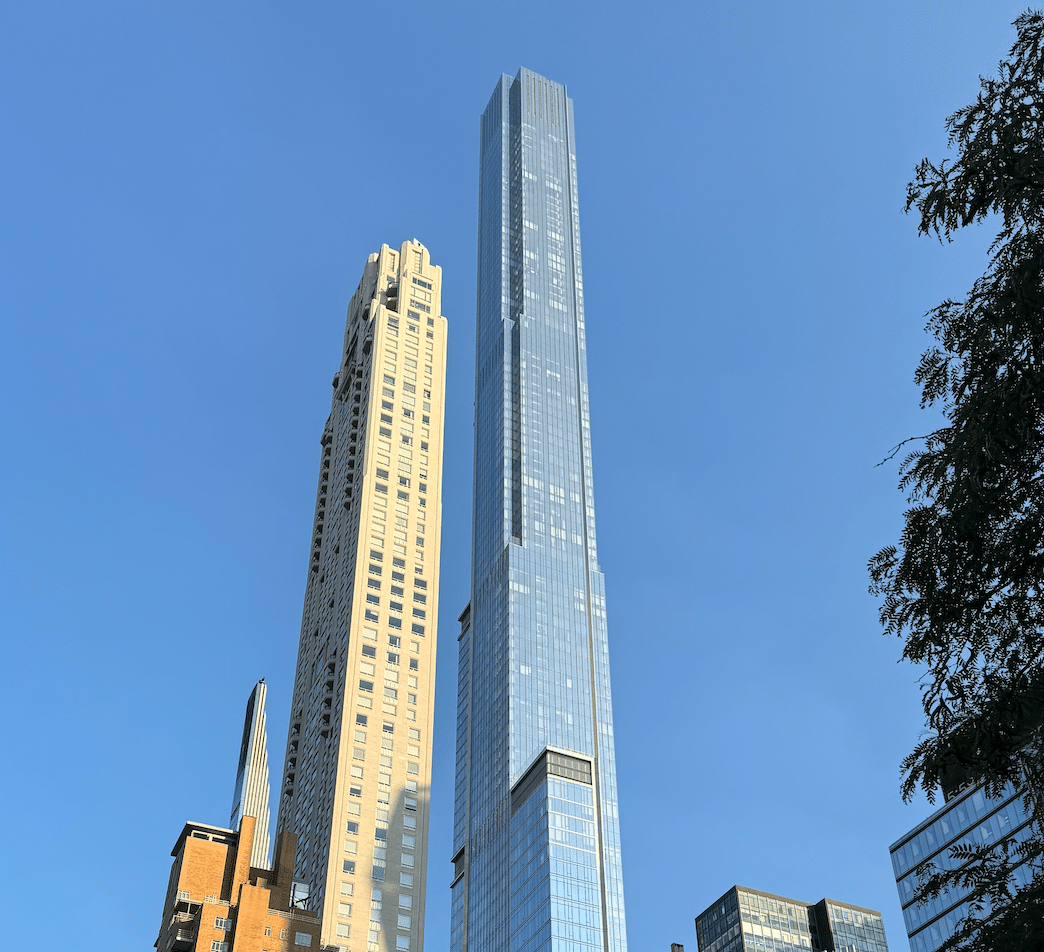
The properties we introduce to our customers range from several hundred million yen to several billion yen. While thinking about whether or not I can live in such a place, and when I can live in such a place, on the other hand, I see people buying many wonderful properties, and I see people buying properties at a very young age. No, it may be that you can feel this just by walking around the city in New York.
ニューヨークのみならず、世界一のレジデンシャルの高さ472mを誇るセントラルパークタワーを販売しております。3フロアに跨る129-131階の最上階ペントハウスは現在$195M(315億円)、マンハッタンを360度見渡せ、すべてが最上級です。その他の部屋は2ベッドルームで6.8M(11億円)から出ています。 pic.twitter.com/mzpILUI5ZZ
— Satoshi Onodera 🇺🇸 (@satoshi_gfa18) July 2, 2024
In a sense, this article may be describing a different side to the glamorous world of the real world, lol
New York is home to some of the world’s top companies, and it has more billionaires and millionaires than anywhere else in the world. There are 8.5 million people living in NYC, and Manhattan alone is home to around 1.6 million people – the equivalent of two Tokyo 23 wards. Only half of these people are American – the rest come from literally 200 countries around the world. The proportion of overseas investors in real estate is also very high.

Companies from all over the world are moving in. The elite who have triumphed in competition from all over the world are coming. The aces of the headquarters of Japanese general trading companies, Samsung from South Korea, Google and Goldman Sachs from the US, SAP from Germany, etc. are coming.
The children of wealthy people come to study abroad. If you walk around the city, you’ll see it’s full of people who look like models, wealthy and well-connected families, the sons of wealthy people and politicians, and people who already seem to have everything. And on the same street where these people live, there are homeless people sleeping.

There are places where a cup of coffee costs around $5-6, ramen noodles cost $25, and sushi courses cost nearly $1,000 without alcohol. The average rent for a one-bedroom apartment (1LDK) in Manhattan is $5,000 (750,000 yen). Anyway, many things are extremely expensive. However, ultimately, the way people perceive prices and their value depends on the individual.
If you find yourself in a place like that, the fact that there is no equality in the world is probably one of the things you realize on your first day in New York.

I came to America 9 years ago, having lived in a studio apartment in Tokyo for 28 years. It feels like I’ve come a long way, but I wonder how far I can go, and whether there is anything more I can do. I wonder why I came to New York in the first place, and whether I could have come. I wonder what I should do from now on. These are the questions I ask myself now that I’m 36 years old.
I’ve come a long way since five years ago, and although there have been many difficulties, I’ve generally been able to enjoy the moment and the process, sharing it with many people, and I think I’ve been able to do many wonderful things that I wouldn’t have been able to experience otherwise.
I’ve recently come to realize that the reason I’ve been able to live without breaking down here is probably because, in the early stages of my life, I realized that there is no equality in the world and I’ve been living with that premise in an environment where I had no choice but to accept it.
I’ve been writing about various things that have come to mind, and I’m working hard on my business every day, thinking about this and that in New York.
Now, as it looks like it’s going to be a long post, I think I’ll finish it here for now.
Thank you for reading this far. Finally, I’d like to conclude the article by writing about some of the things I’ve put into practice in order to survive in New York. I hope it will be of some help to you.
You should do the things that other people don’t do, but are definitely necessary.
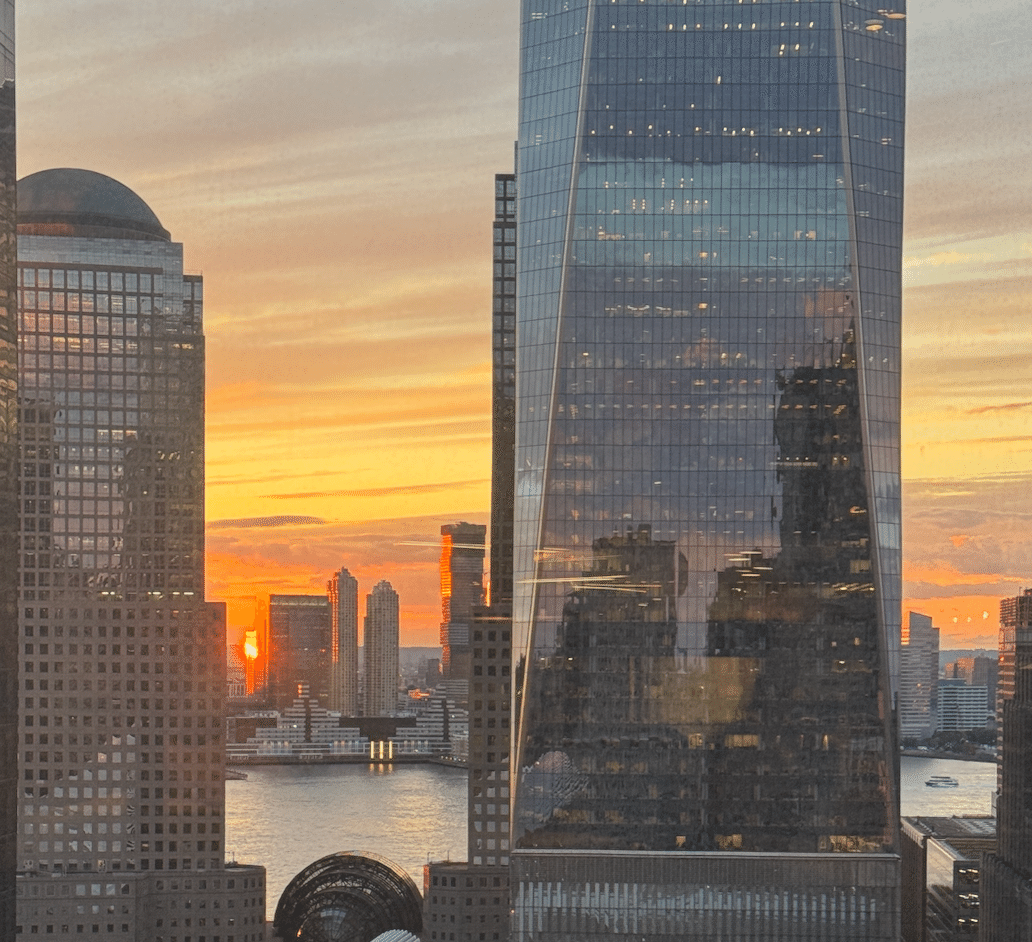
First of all, although it is something that is really necessary, I think that it is something that is often neglected, and that you should definitely do it proactively. Whether you do it or not is a matter of self-discipline.
As a concrete example, I’m afraid it’s a bit of a superficial example, but there are exhibitions that are easy to understand.
If you participate in an exhibition held overseas, take around 200-300 business cards with you and, as long as you have the time, offer the information you have to everyone you meet. (In my case, I always talk about New York and my business.
If I have been able to help people in some way by talking to 200 people, and the products we have on offer are not too different from those of the other companies, then about a third of them will become so-called leads, and about 20 of them will give us the opportunity to hold business talks, and from there, 2-3 of them will lead to orders. This is a matter of probability, and even if it is only 1-2%, it will lead to orders. In other words, if you are going to an exhibition, it is definitely something you should do.
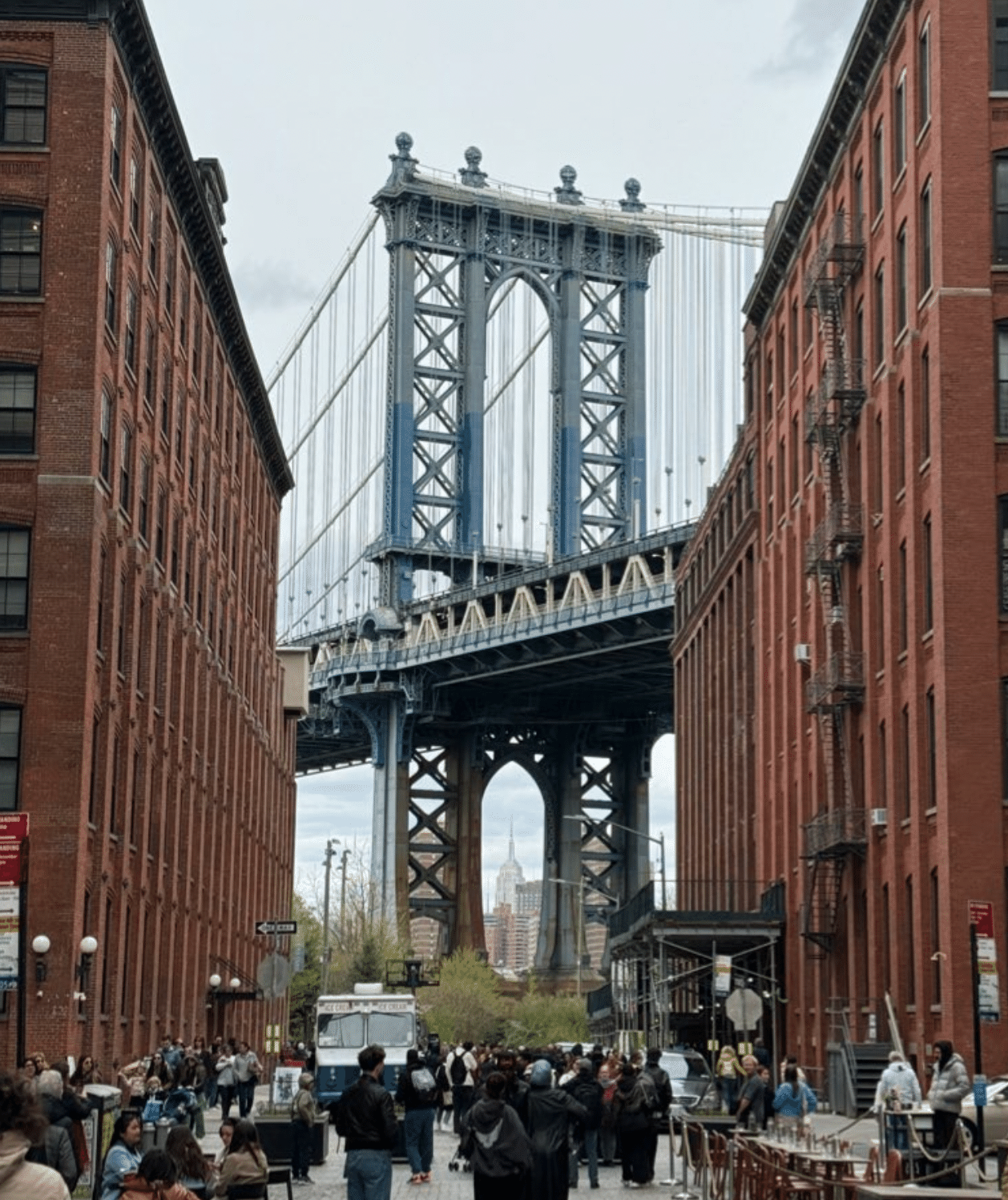
Even if you pay for the exhibition yourself, fly from New York to Las Vegas, and stay in the cheapest hotel every day, it will still cost around $1,000 to $1,500 in total. If you can’t use the time for other work during that time, you have to make sure you get results during those four days.
It’s a sad reality that there’s no value in just standing around at an exhibition, or in running a small company in New York.
I remember when I first joined the company after graduating from university, there were 550 of us in my year, and the company had 15,000 employees. Everyone was far more talented than me, and I was a really bad employee who was counted from the bottom without any self-deprecation.

At that time, a senior colleague who was my trainer said to me, “It’s a big company, so even if you make a small mistake, it won’t have much of an impact, so don’t worry about it and just keep working hard.” What a kind senior colleague! From my own perspective, I had been under pressure because I was in a big company, but if you look at it from a different perspective, no one cares about you at all, and there are plenty of people who can do your job instead of you.
In New York, there are so many people who are better than you, and there are plenty of people who can take your place. If you live your life thinking this way, you may remember that you need to do whatever it takes to learn your lesson.
You should make other people profit first.
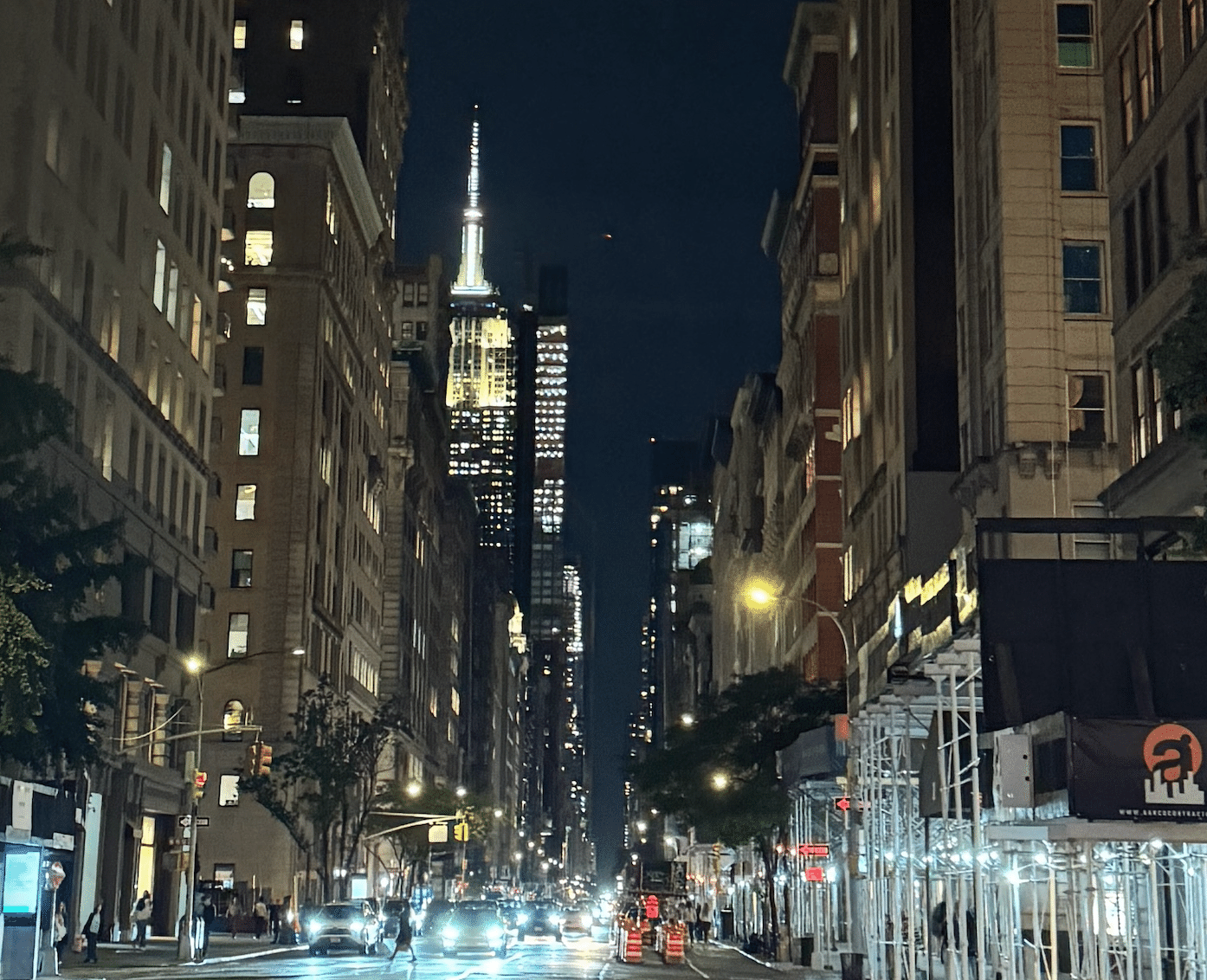
This is something I learned from a Jewish business partner, and it’s a way of raising the total. I don’t know if this is the New York way, but I think it’s a wonderful way, even though I’m still in the process of putting it into practice.
For example, when an unexpected large project comes in, how do you handle it?
To be honest, I want to get everything I can from this large project, I want it so badly I can taste it. But I’m trying to hold back and first spend the money on the people closest to me. I want to pay as much as possible to the people who have helped me out.
If I do that, the other person will be surprised and think “They’re giving me this much?”, and they’ll think “There are good things about working with this person, so let’s do it again” or “If they’re paying this much, I’ll pass it on to the next person too”, and the chances of it leading to the next thing will increase. This is also economically rational.
This is true not only of money, but also of time. If you give me your time, I will bring you a souvenir. If you like wine, I will buy you some. This is something you can offer to someone who has given you their time first. If you receive $10,000, you will spend $5,000 on someone else, or on the next thing. I really think that people from all countries who give are loved by many people, and vice versa, based on the success of my senior colleagues.
The end justifies the means

Finally, this one. This means that “the end justifies the means”. In Japanese, you can see the phrase “the end justifies the means”, but I think it means something more like this
“Once you’ve decided to achieve this goal, you have to do whatever it takes to achieve it, no matter what happens”. I think this is how entrepreneurs start their lives, and how they live their lives. It is very easy to say, but extremely painful to do.
For example, if you are doing sales, you may say things like “I have no experience”, “I have no resources”, “I have no mentor”, “I have no deals”, “I have no customers”, “I have no response from customers”, “I am scared of being rejected”, “I have no knowledge”, “I can’t speak the language”, “I have no time”, and so on. If you say any of these things, the game is over.

There are probably many people who are clever enough to think in terms of “if then”, like “I’ll apply and if I get a reply, I’ll go ahead with it”, but that’s not the case. You can’t leave it to the other person, and you can’t say “if I don’t get a reply, then I’ll do this instead”. You have to take the initiative yourself and take control of the situation by deciding what you want to do. So I learned that you can control your whole life.
I learned this from someone who worked at a hedge fund. I took it as a strong message that no matter how the world moves, if you set your mind to it, you can definitely achieve it, and it has stayed with me.
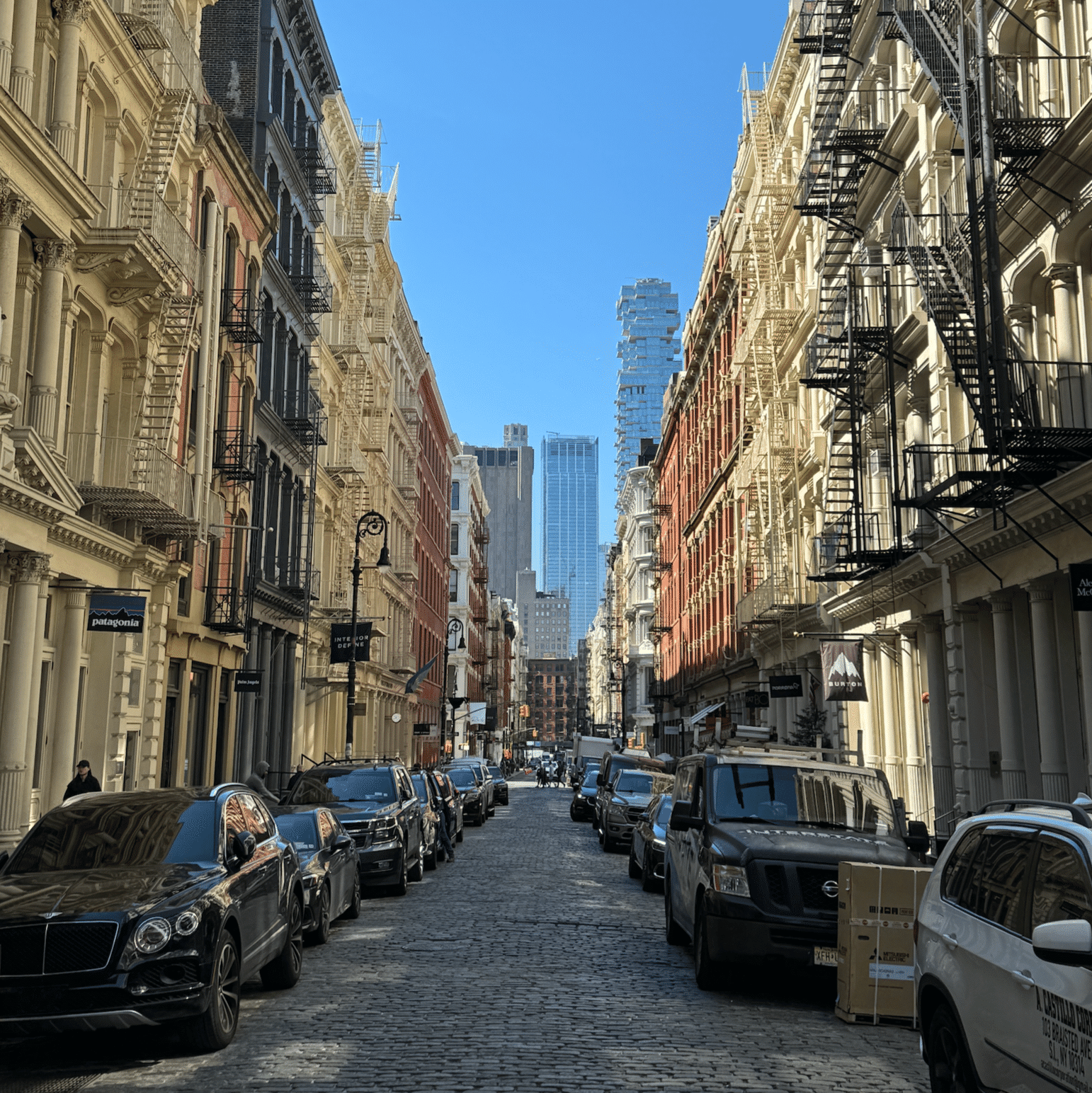
I have written this with the hope that it may be of some use to you, and also as a reminder to myself to keep it in mind every day.
Because we are imperfect and not perfect, we need to Reinvent ourselves, and it is wonderful if we can become even a little better than we were yesterday or a few years ago. With the desire to make the things I am involved in even better, I created the company Reinvent five years ago in 2019.
I hope that this article will help to spark an interest in New York in as many people as possible. And it would be my greatest pleasure if I could help as many people as possible to come to New York and find a home or office, and if we could succeed together. Please feel free to contact us with any questions you may have about the United States or New York.
Thank you for reading this article to the end.
